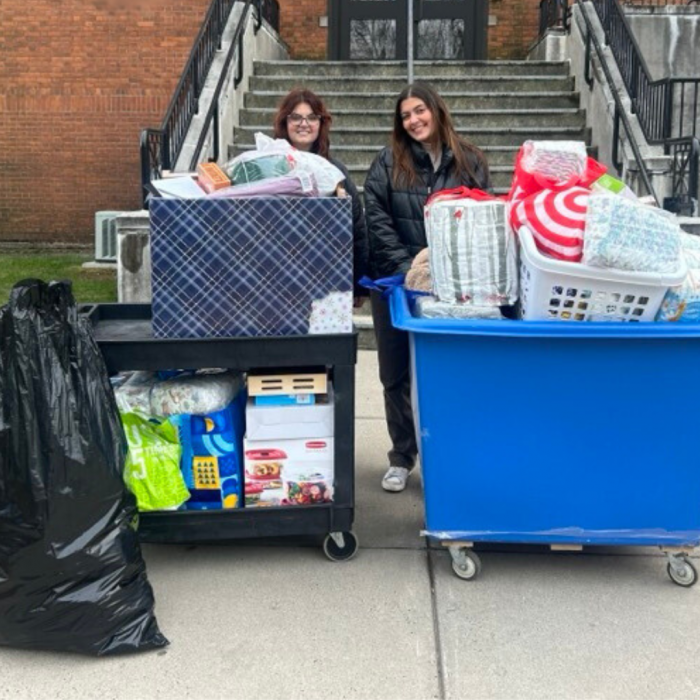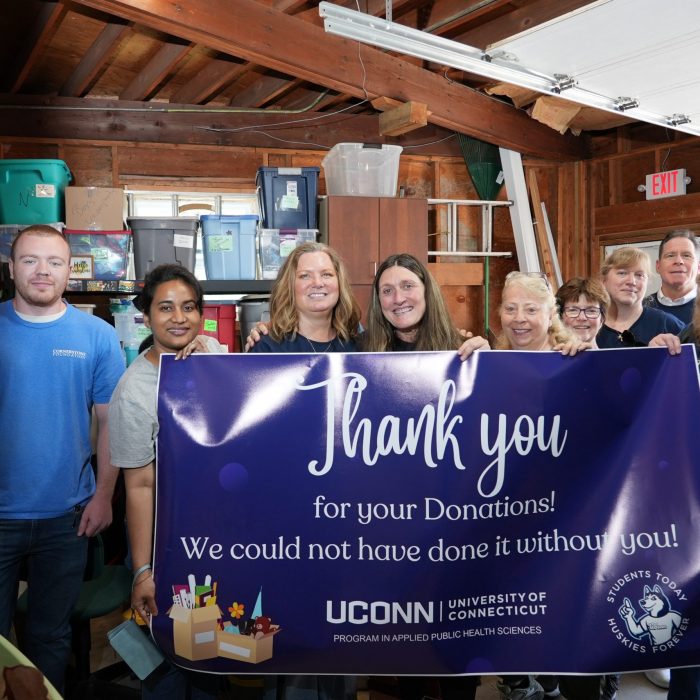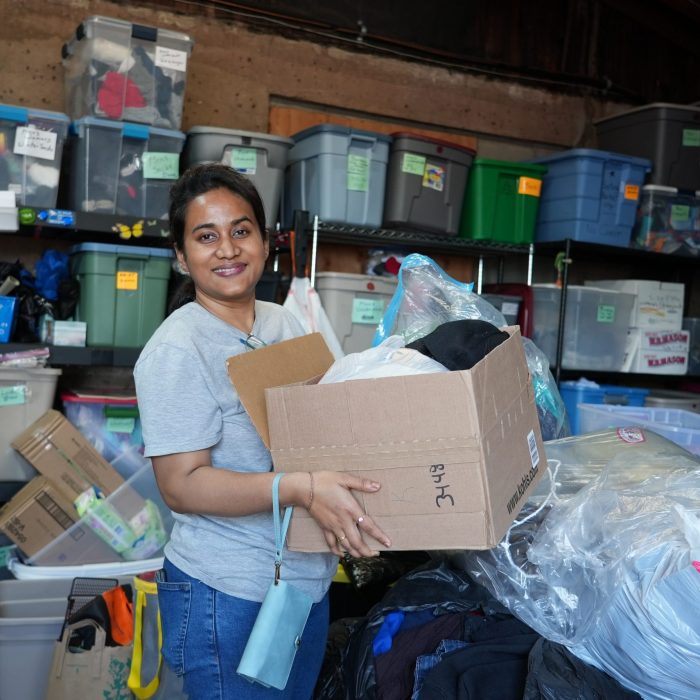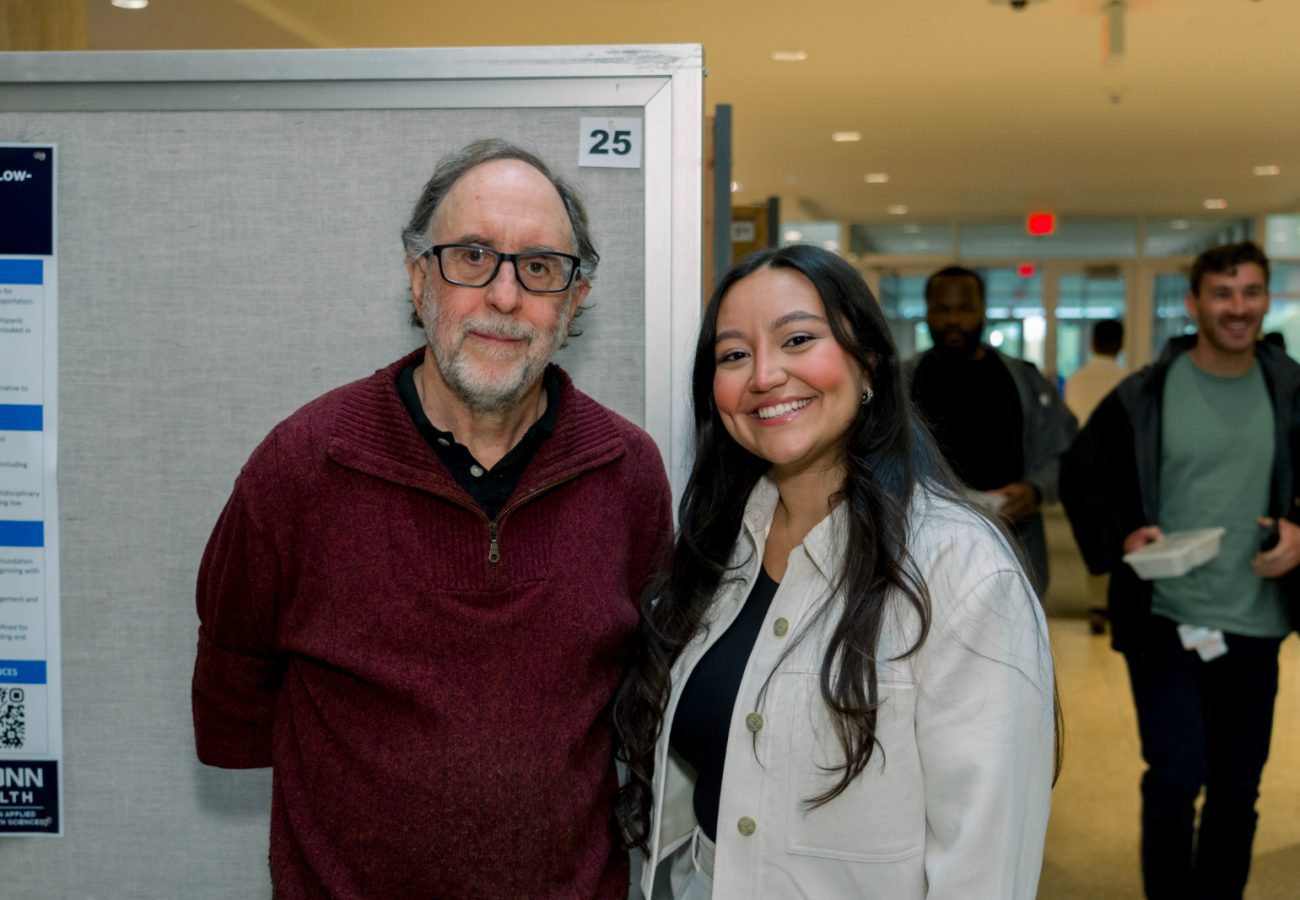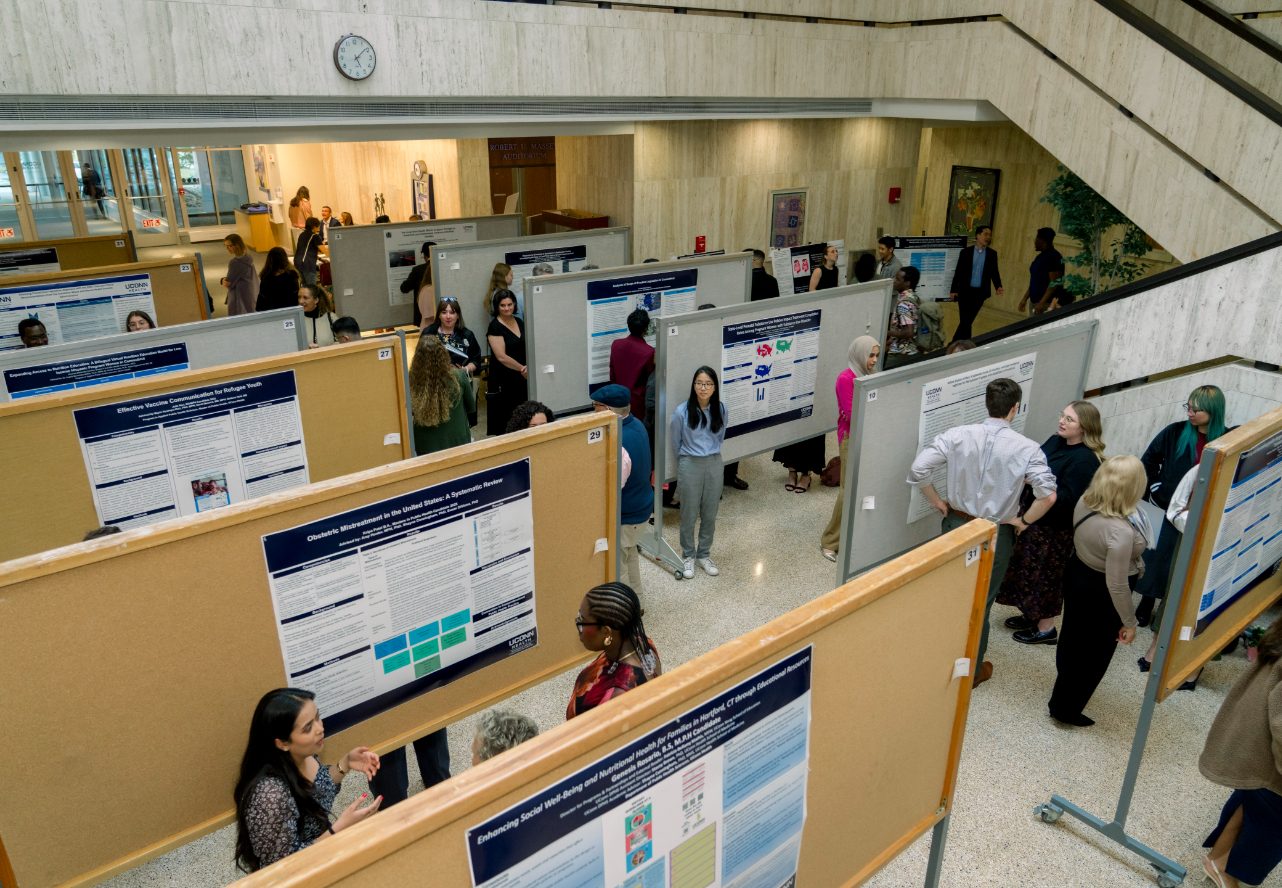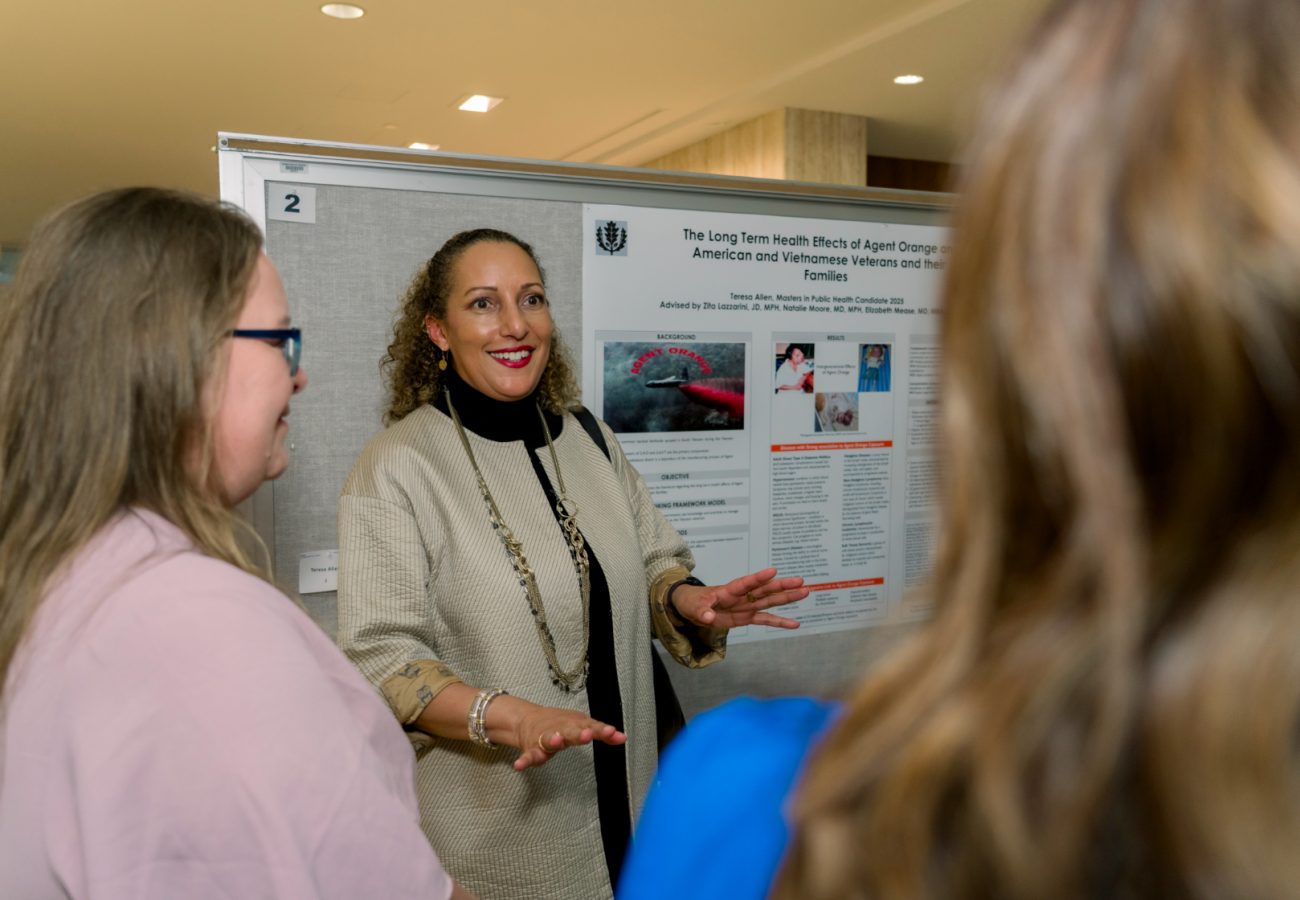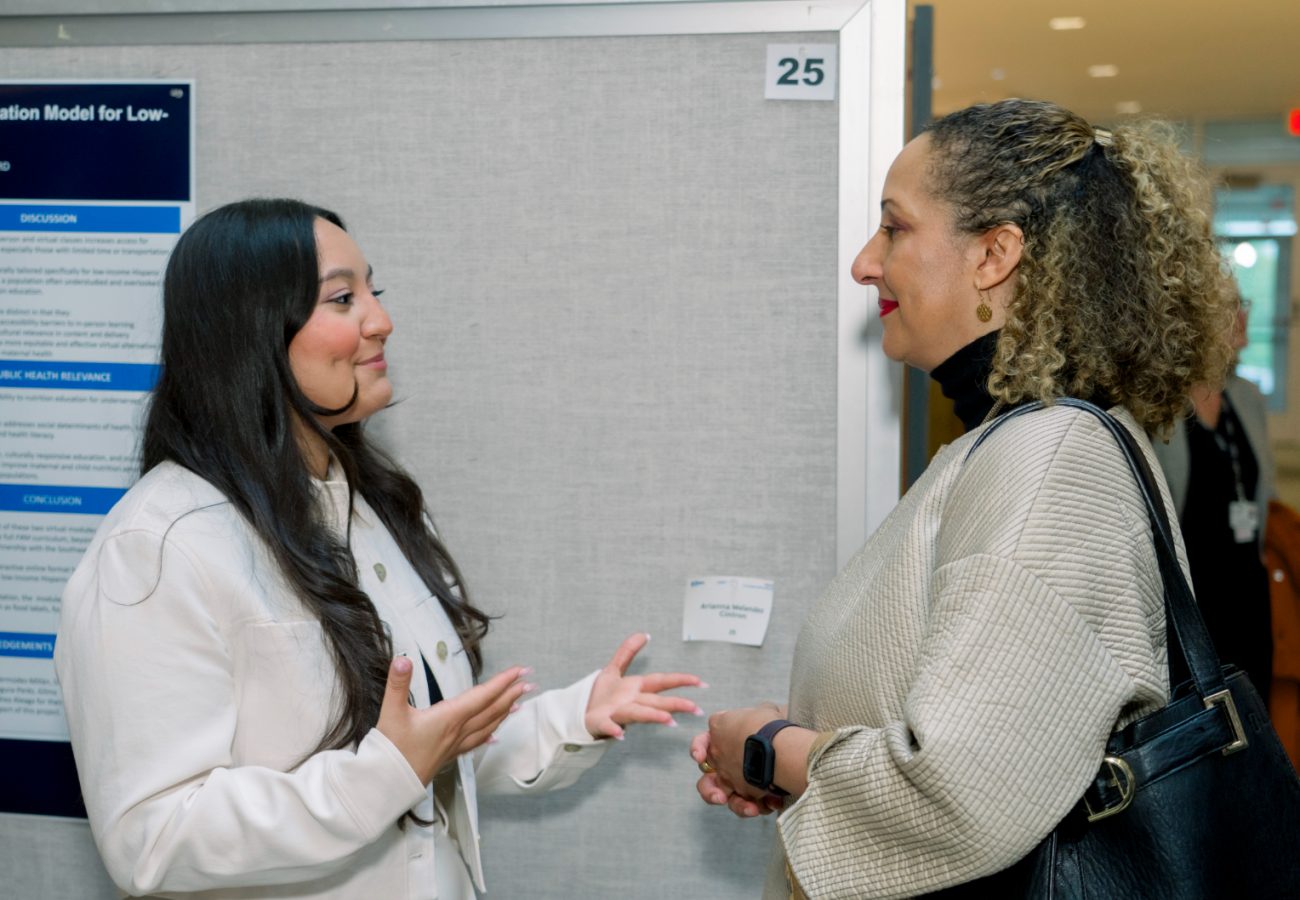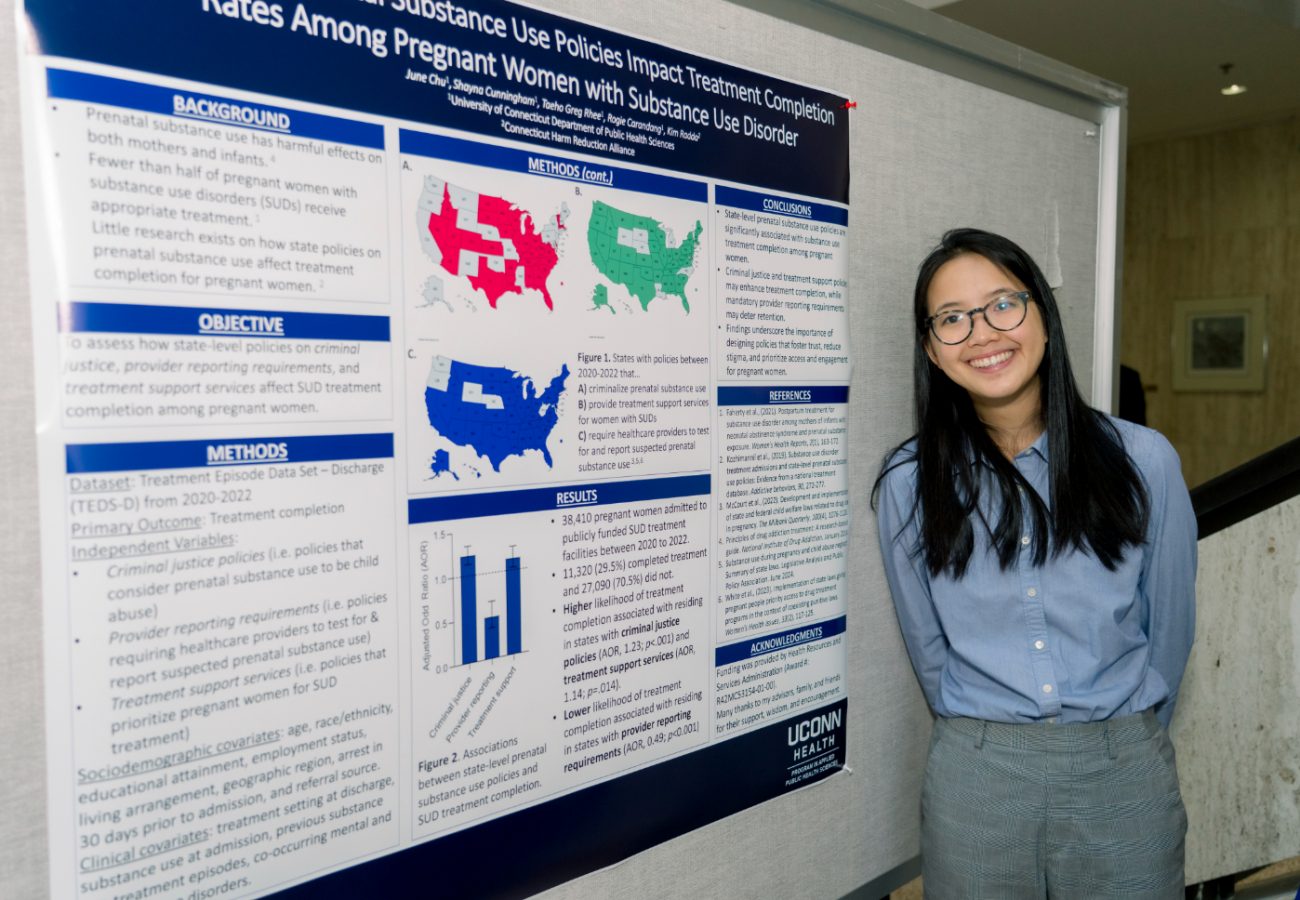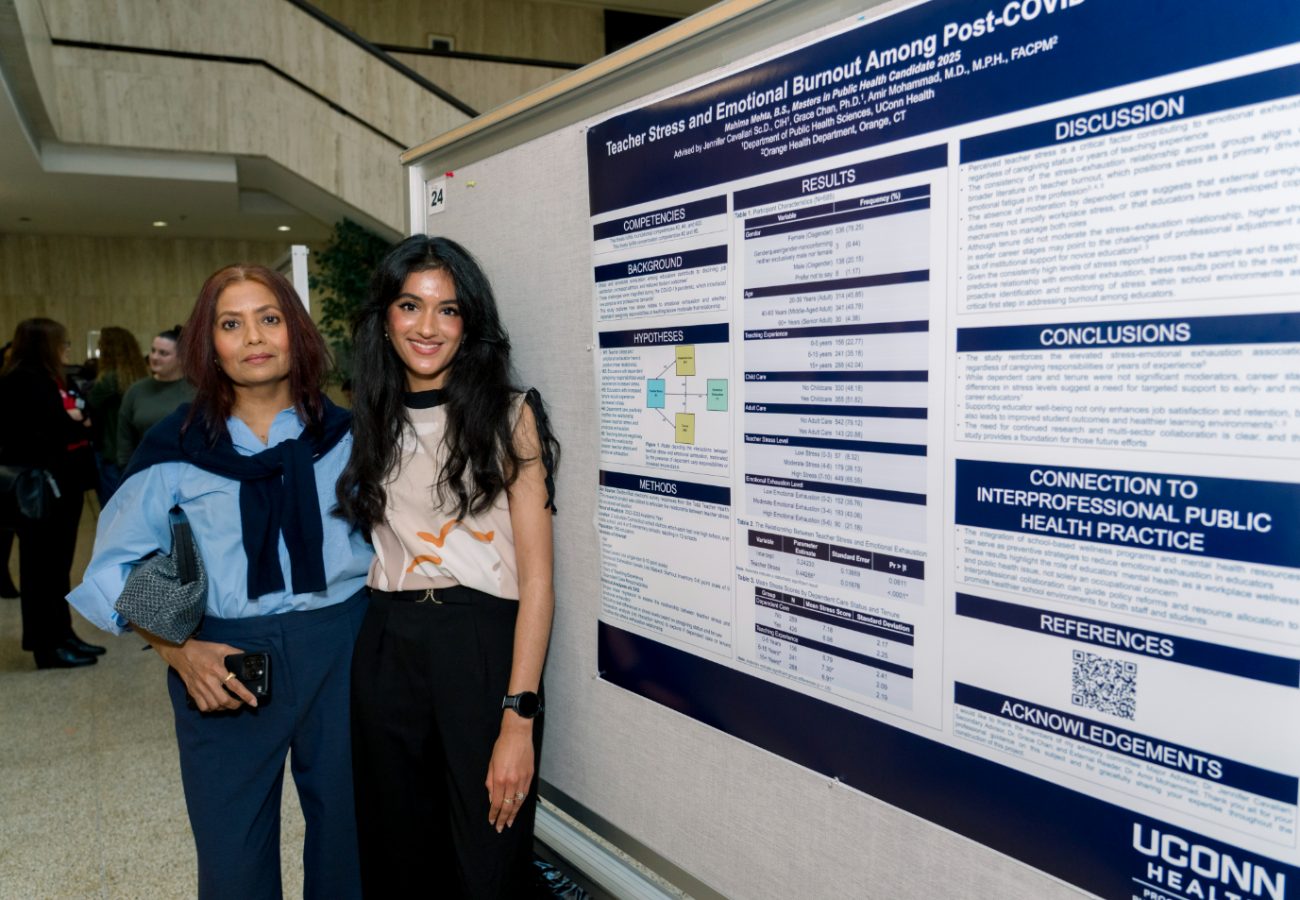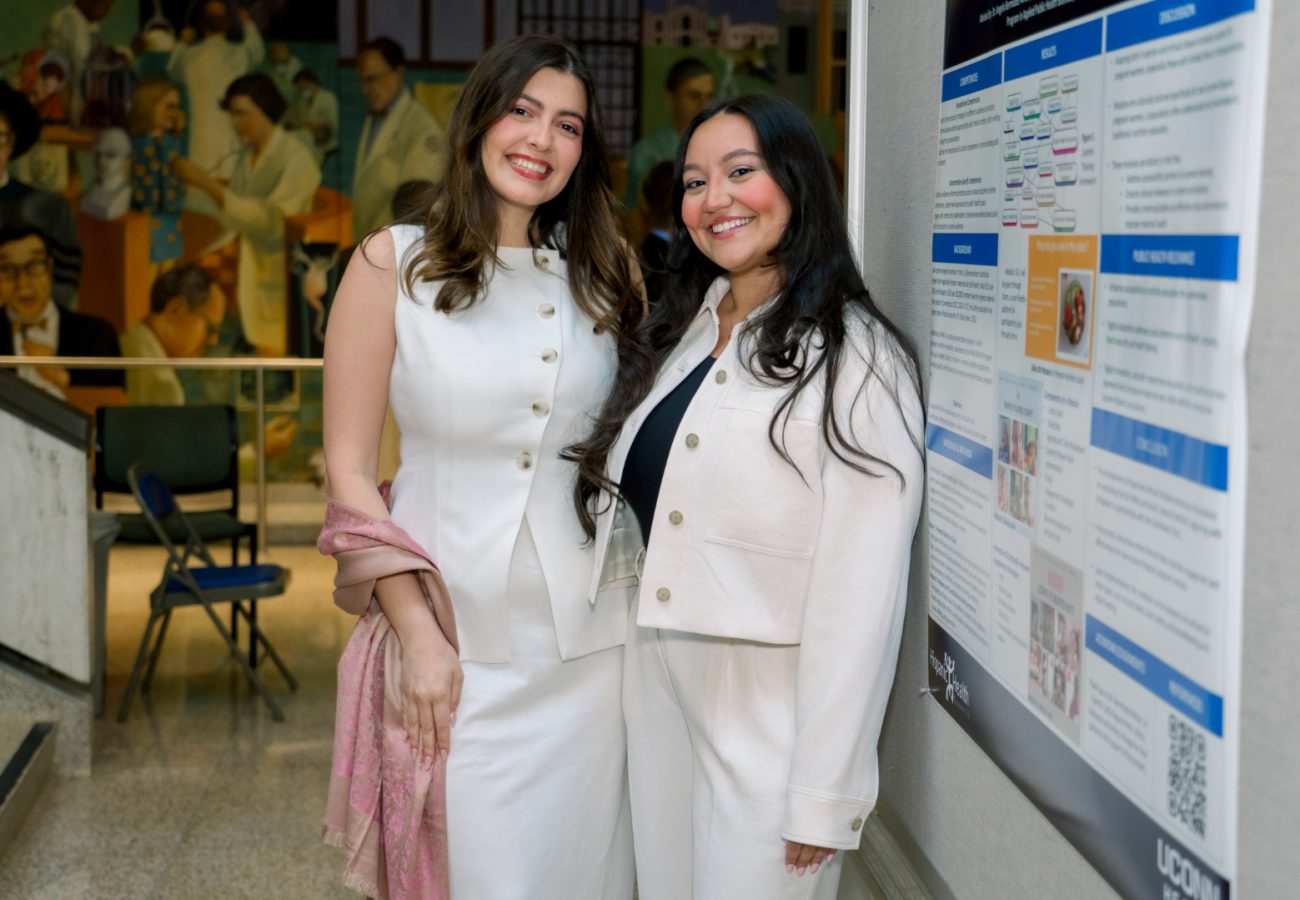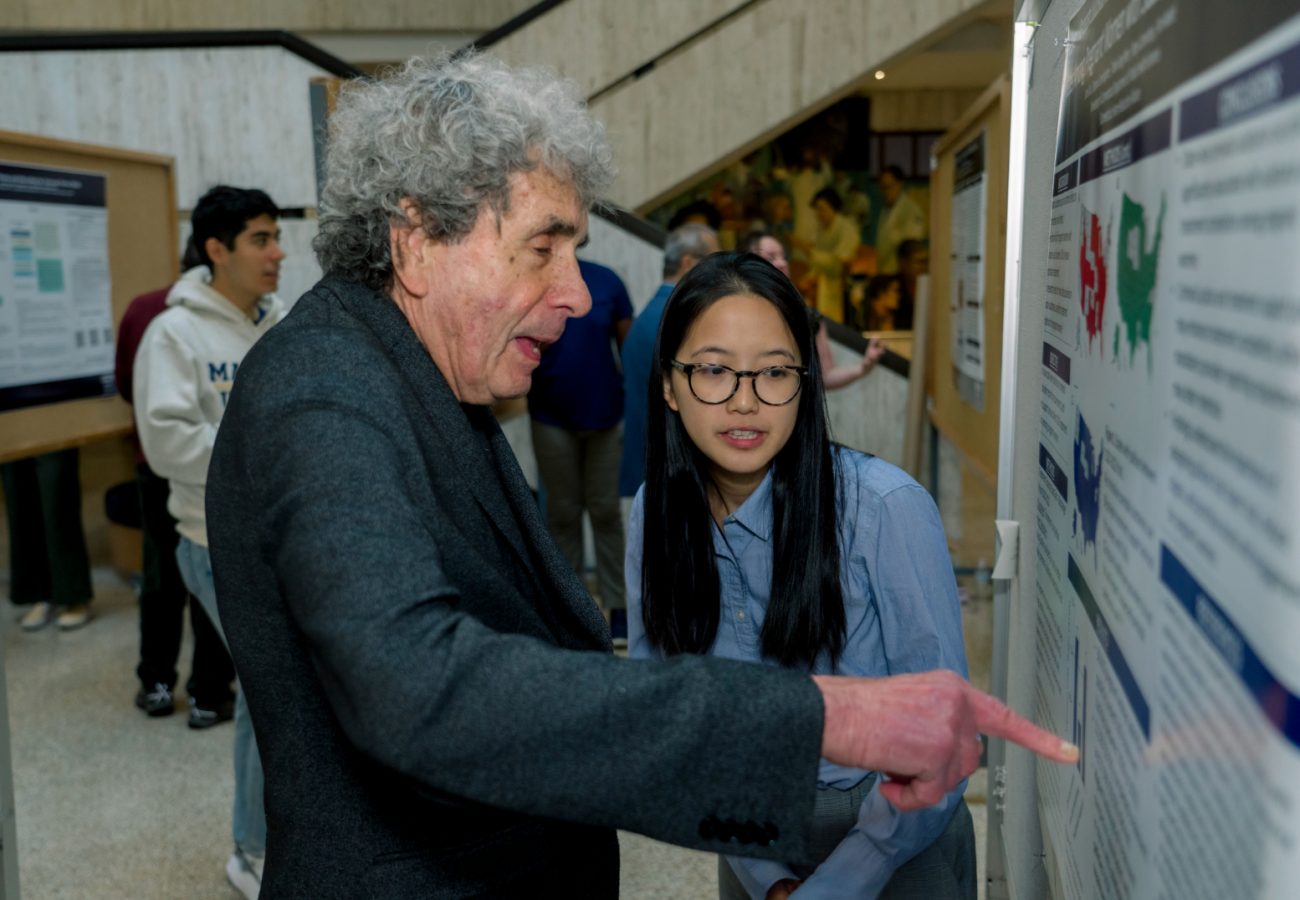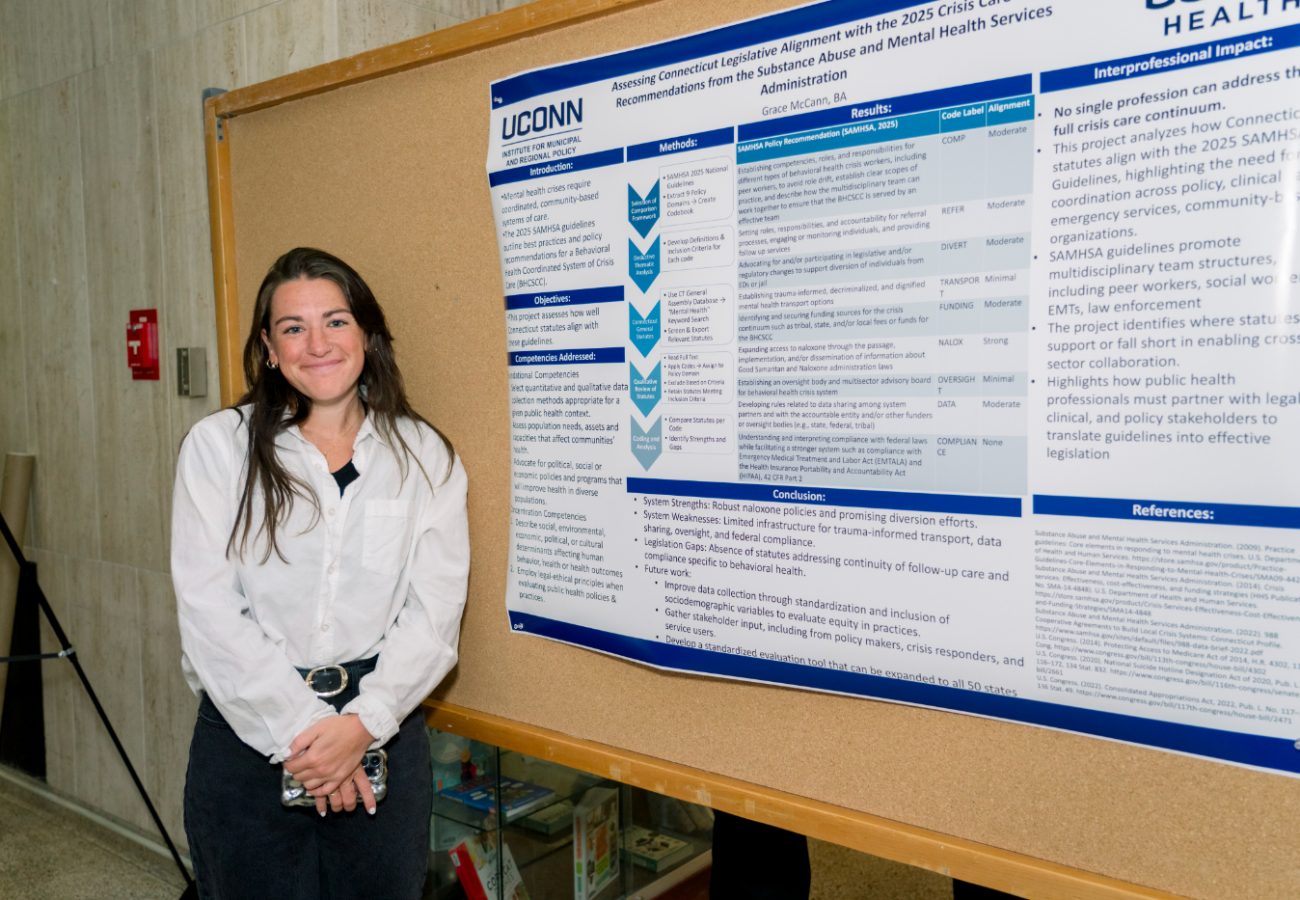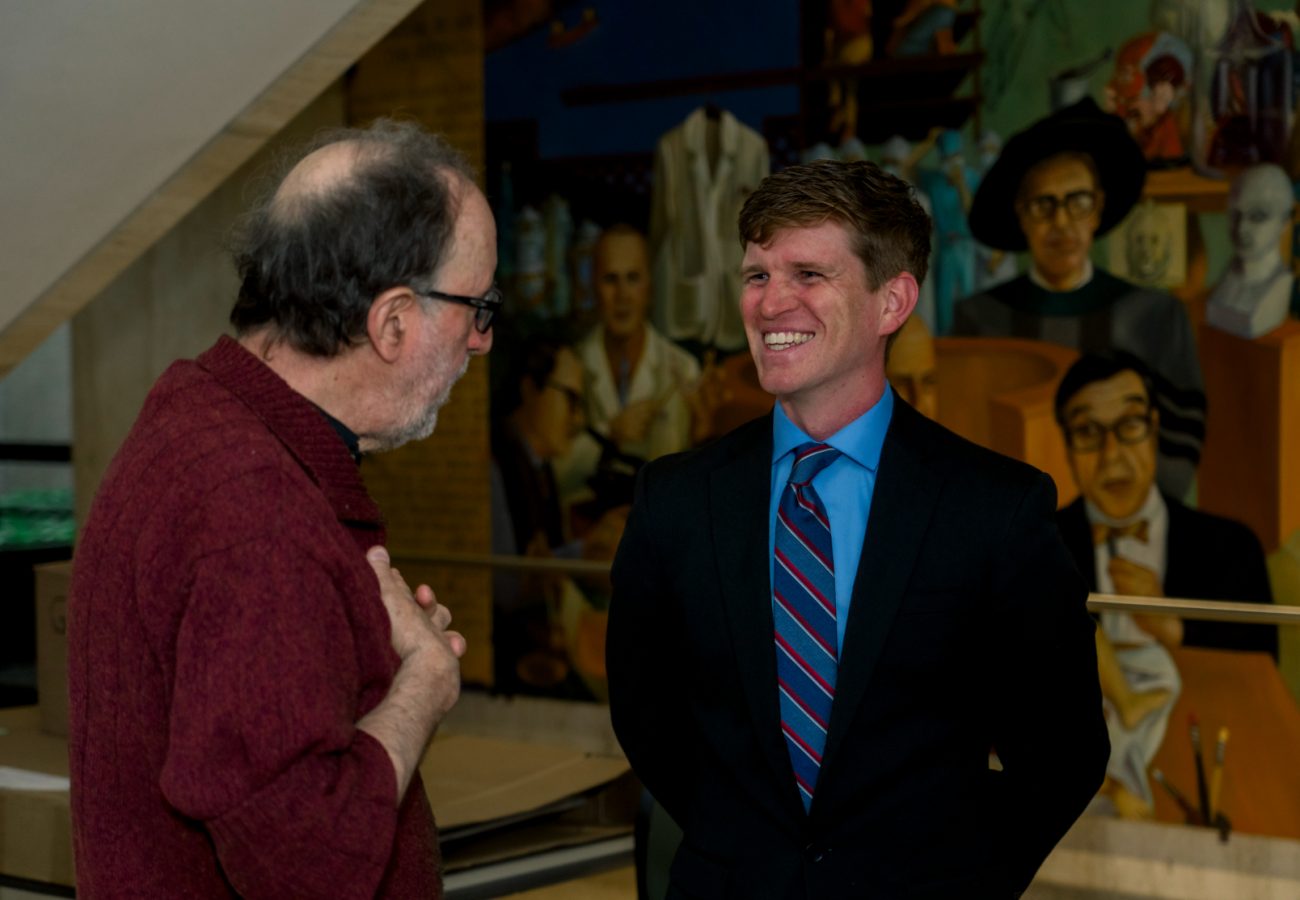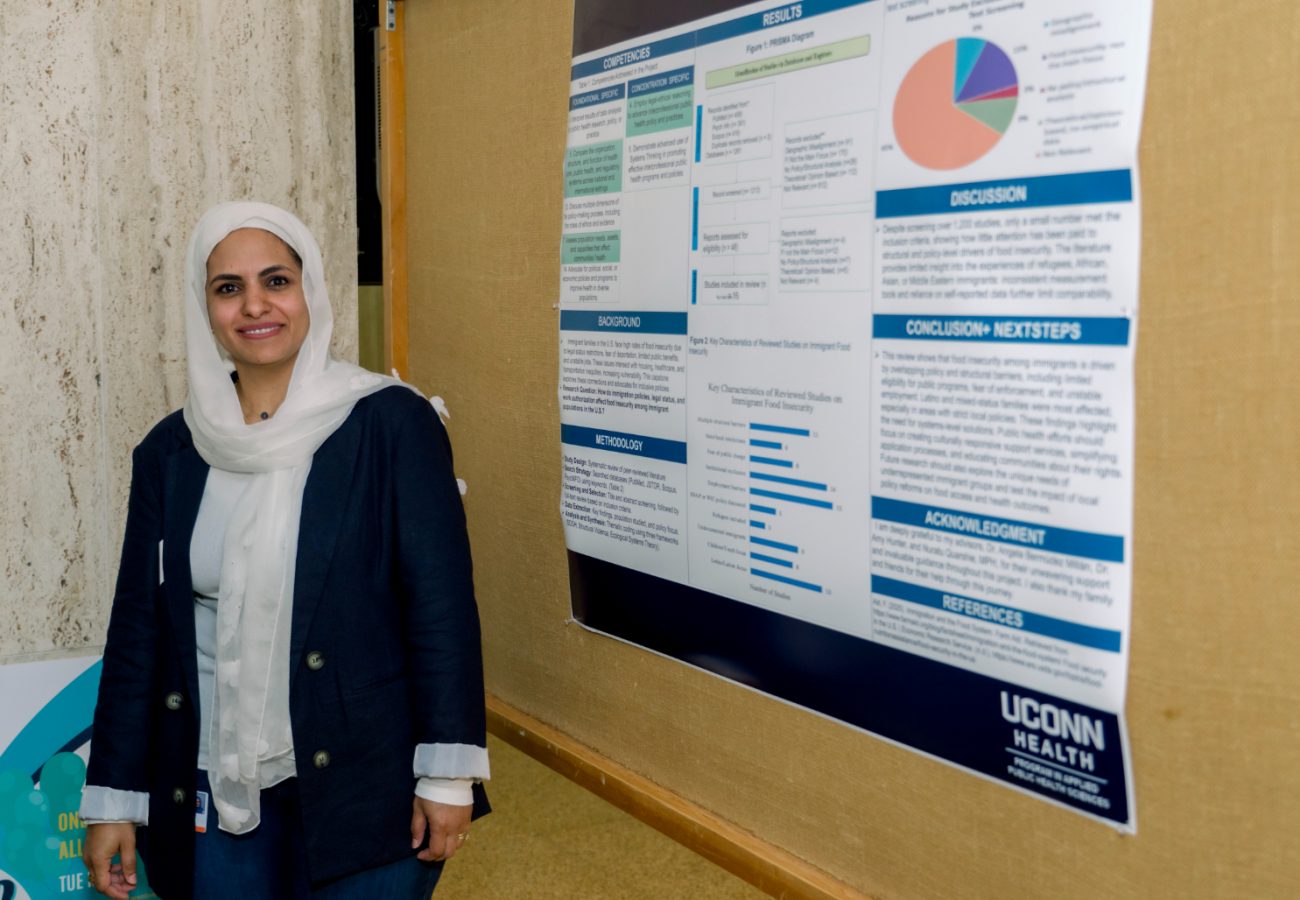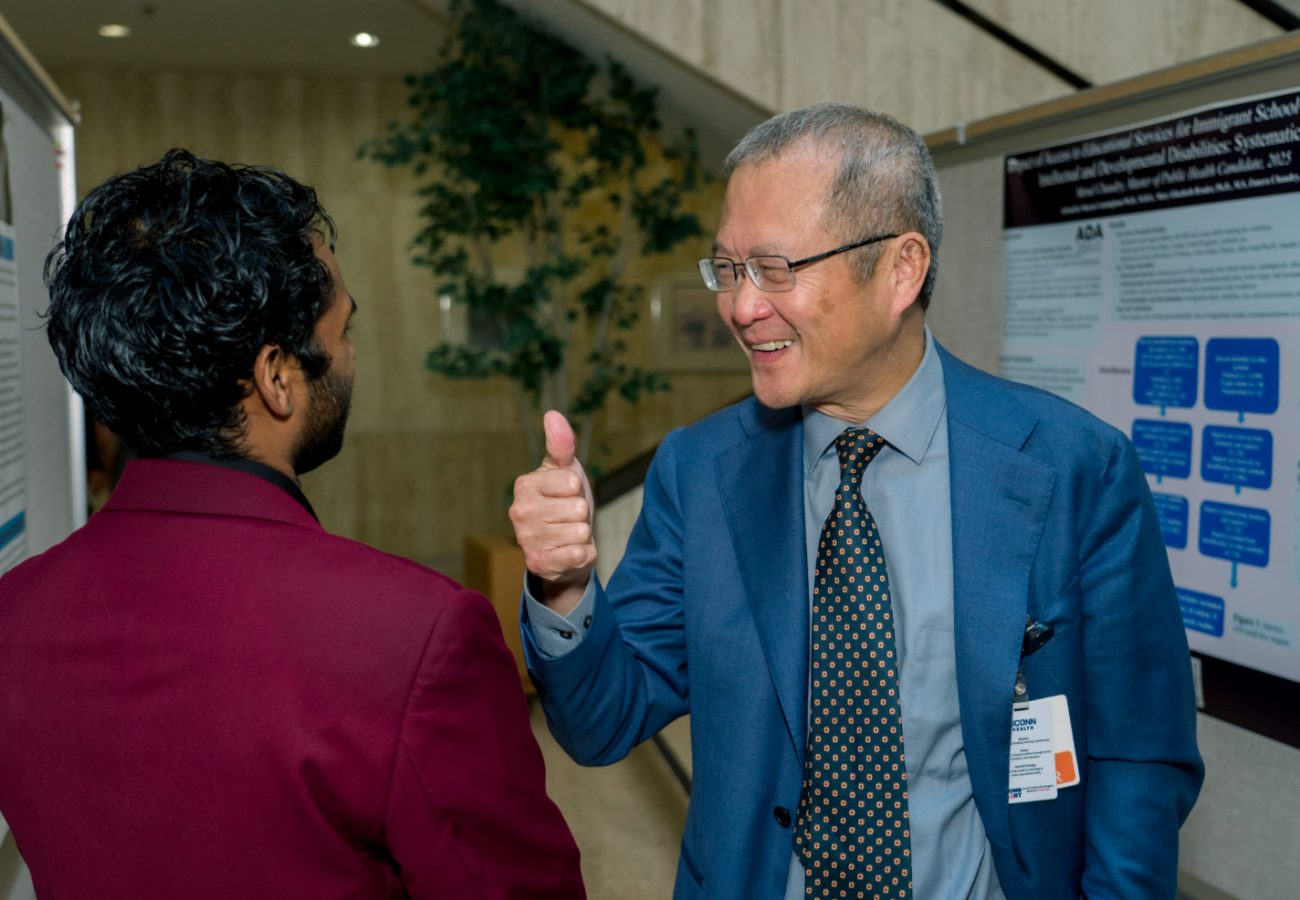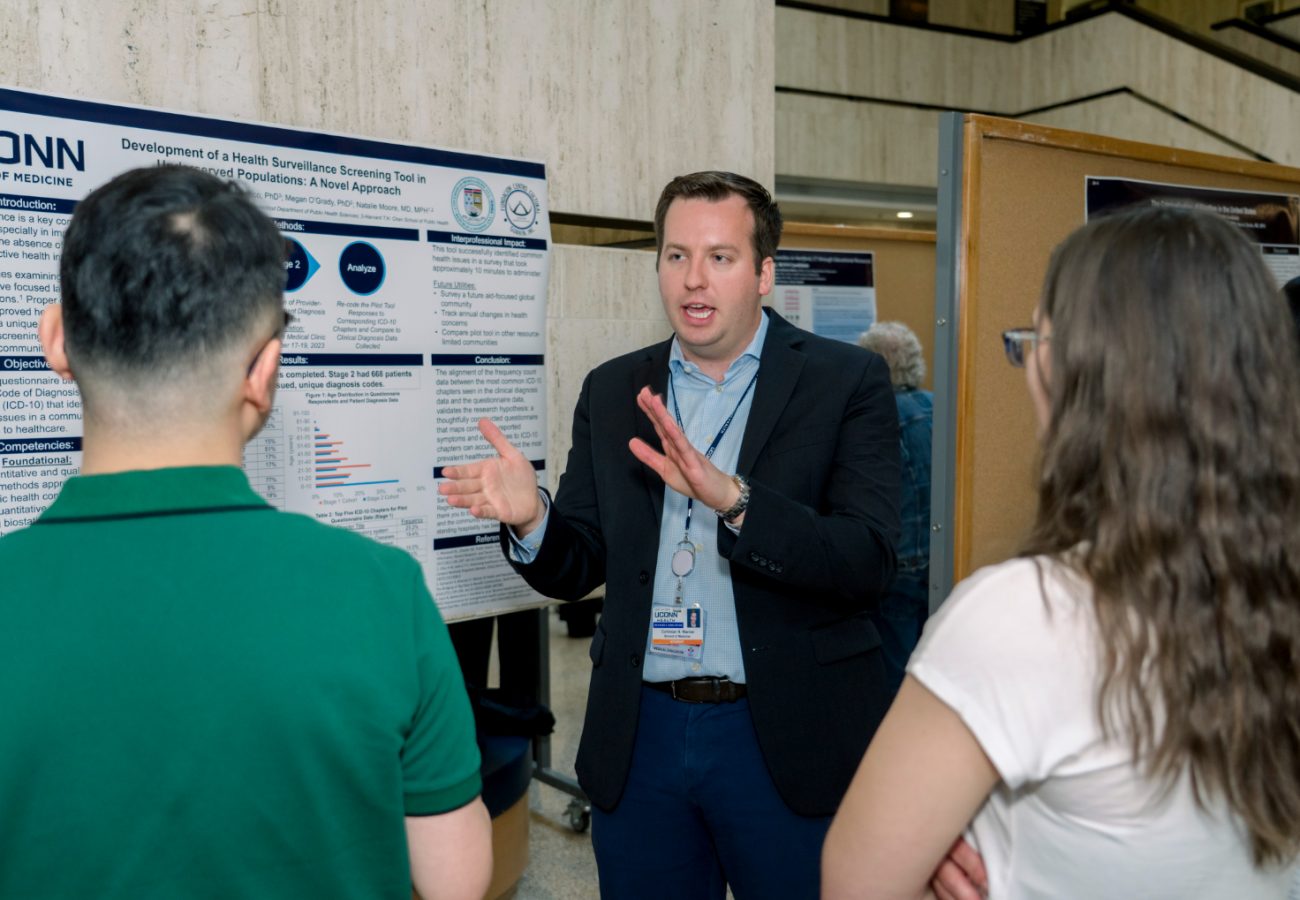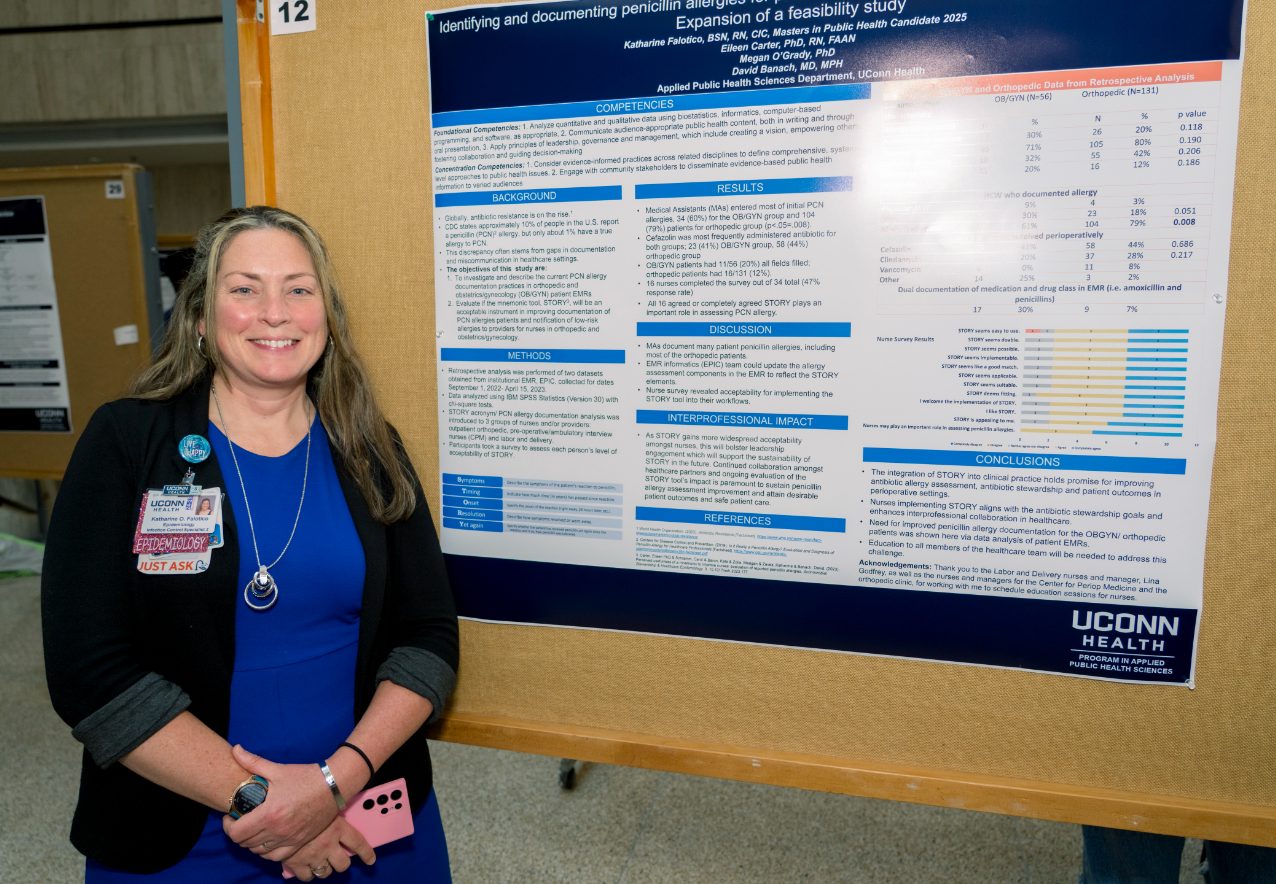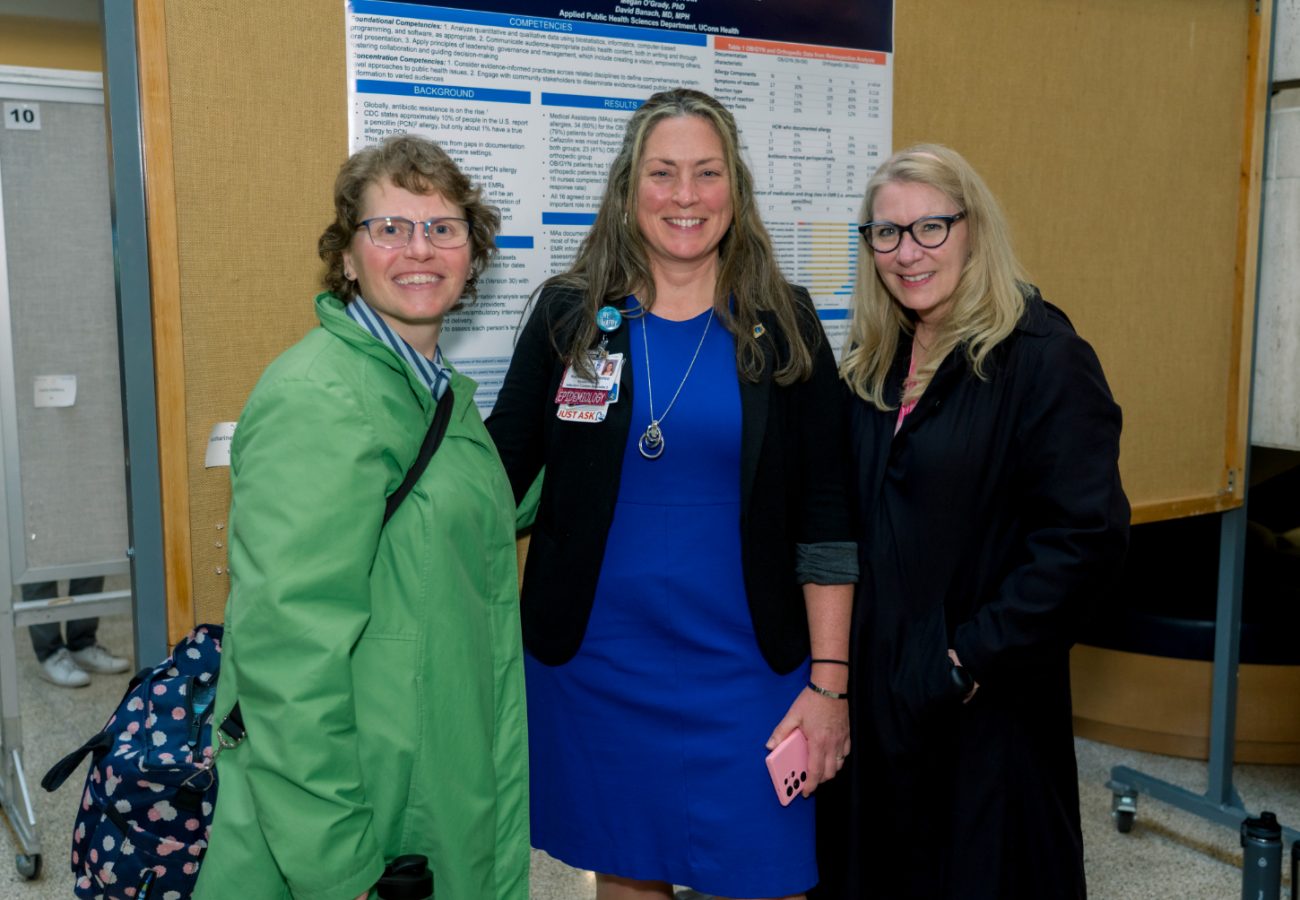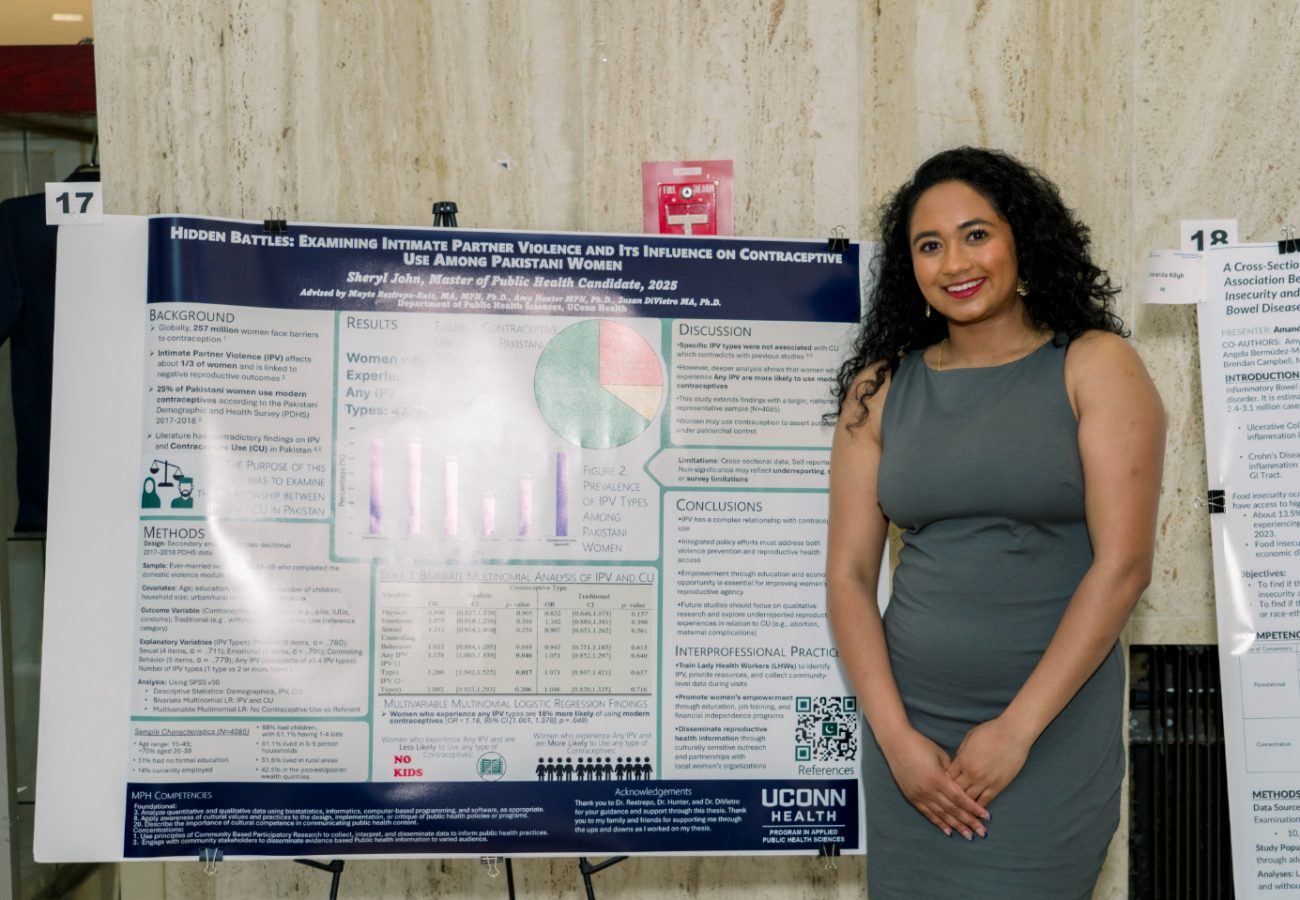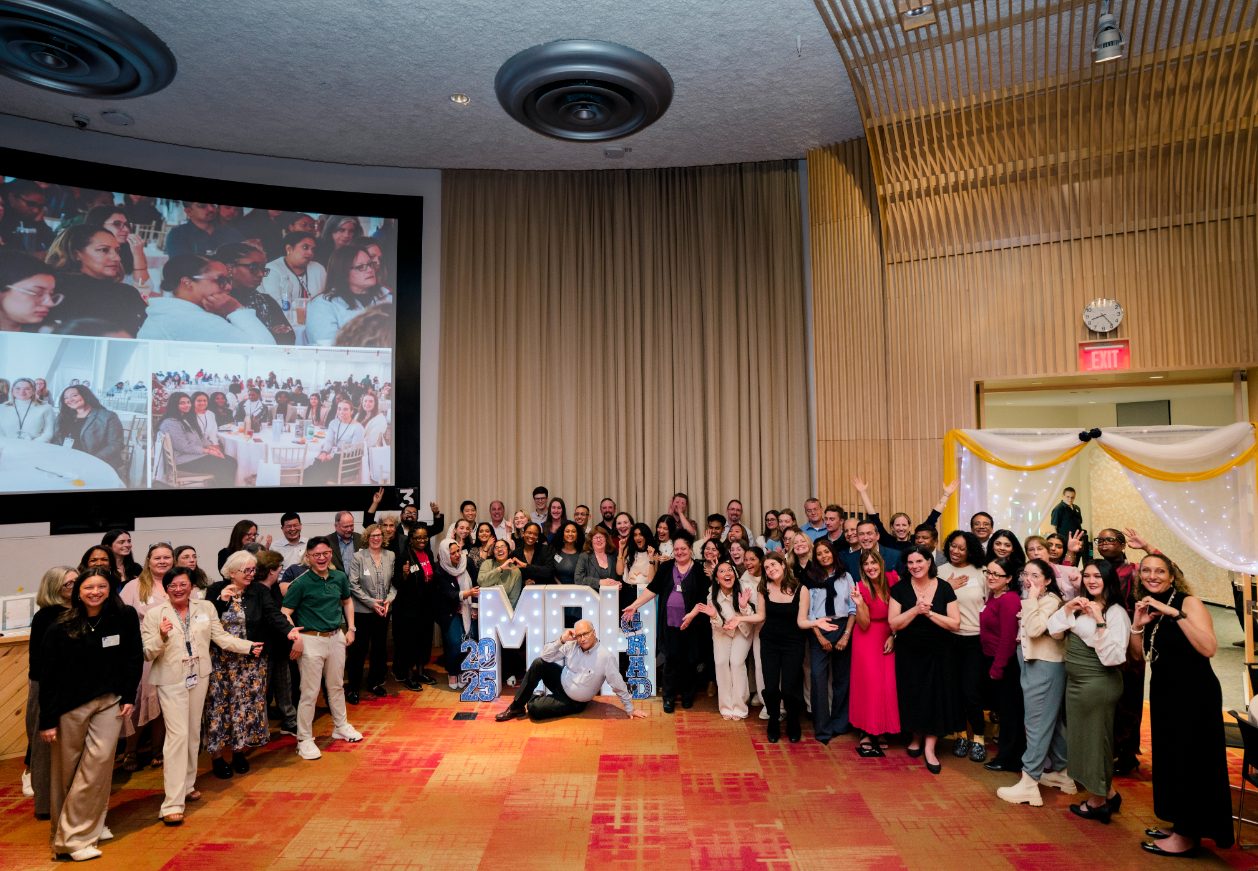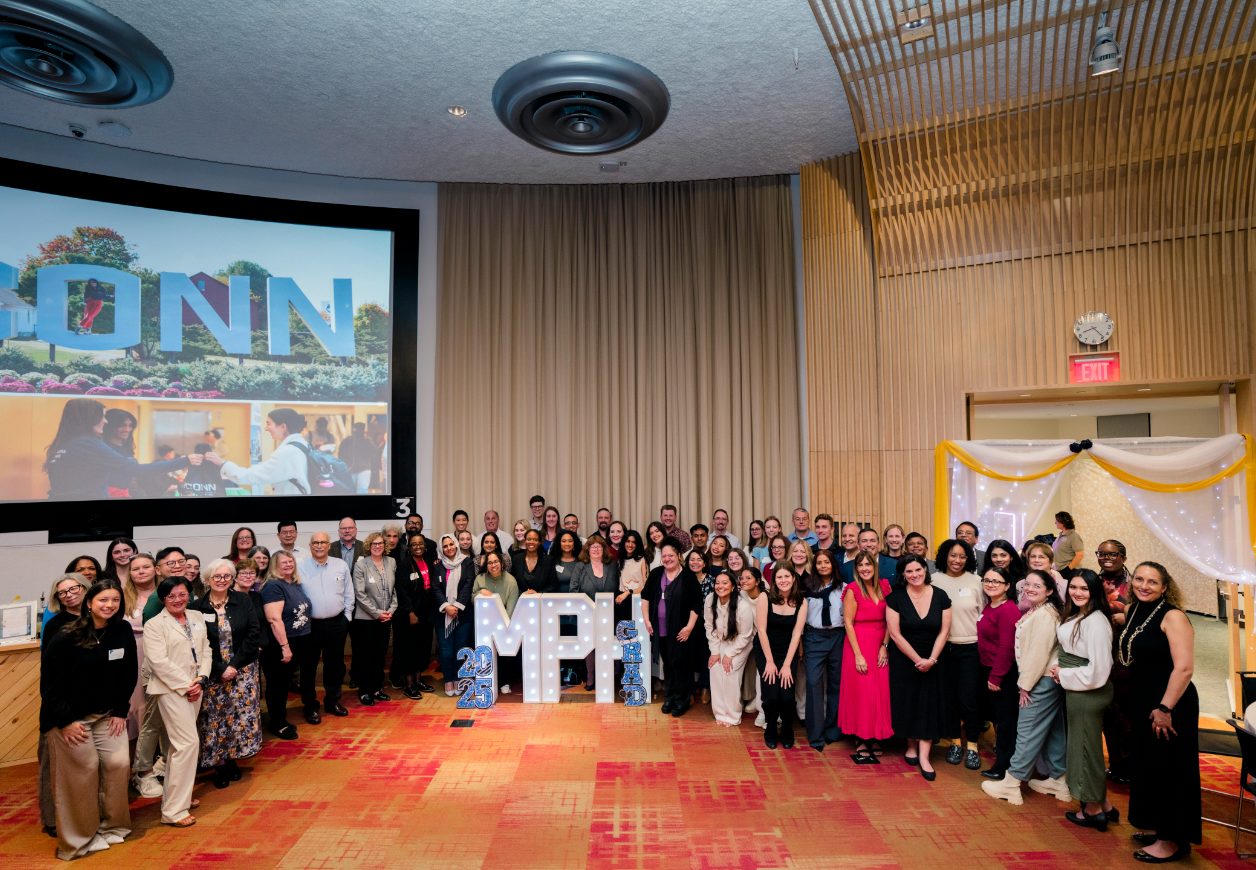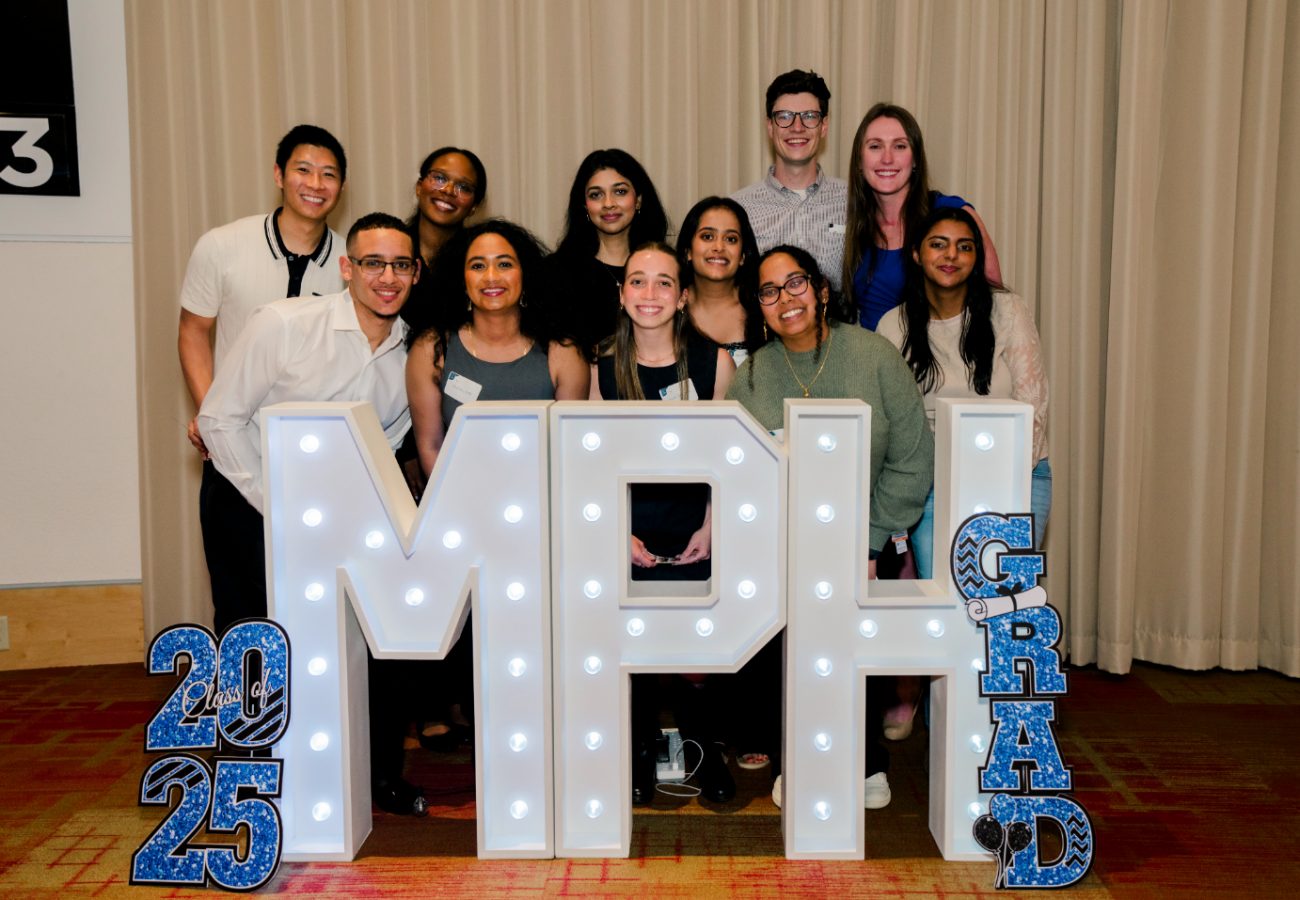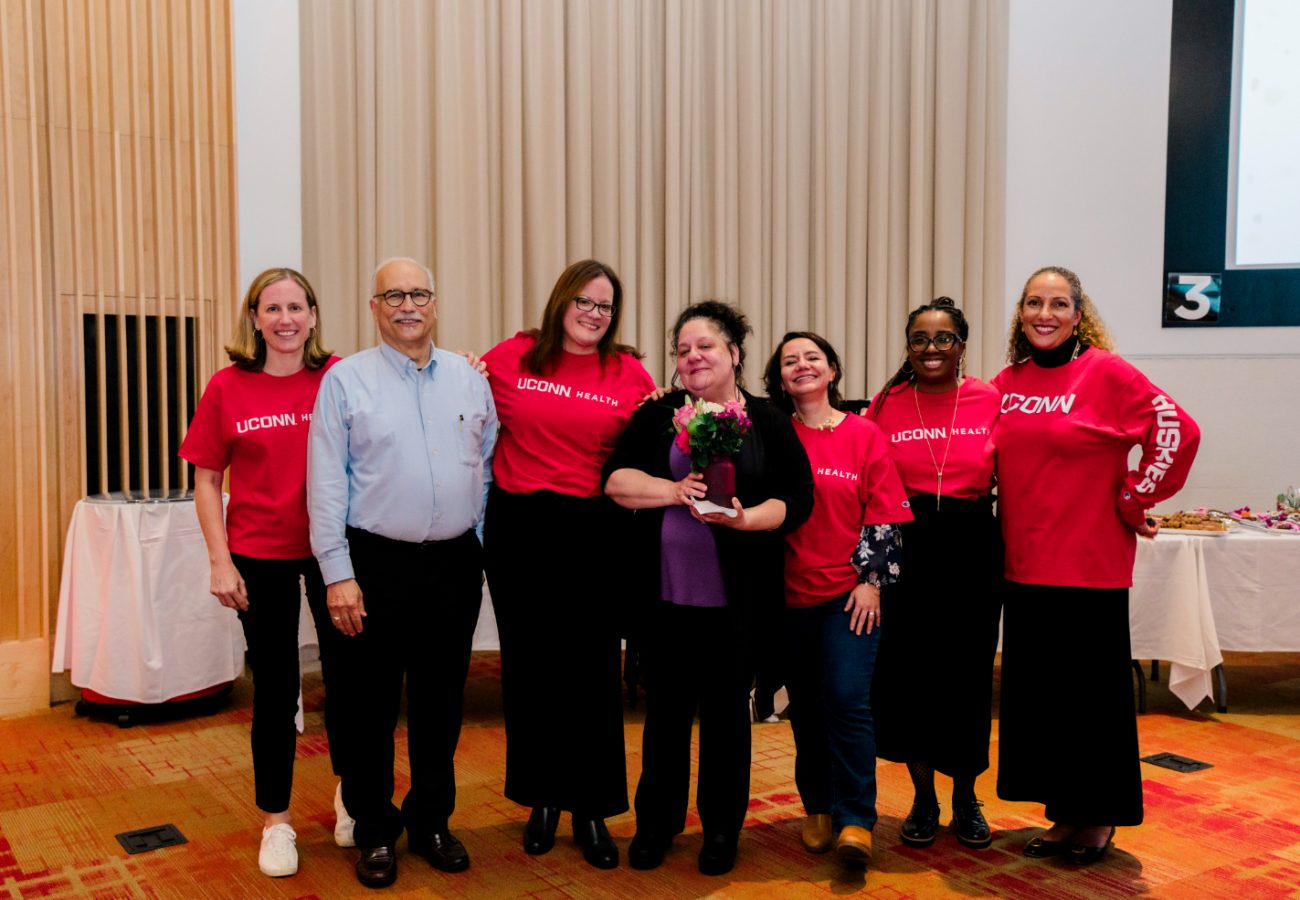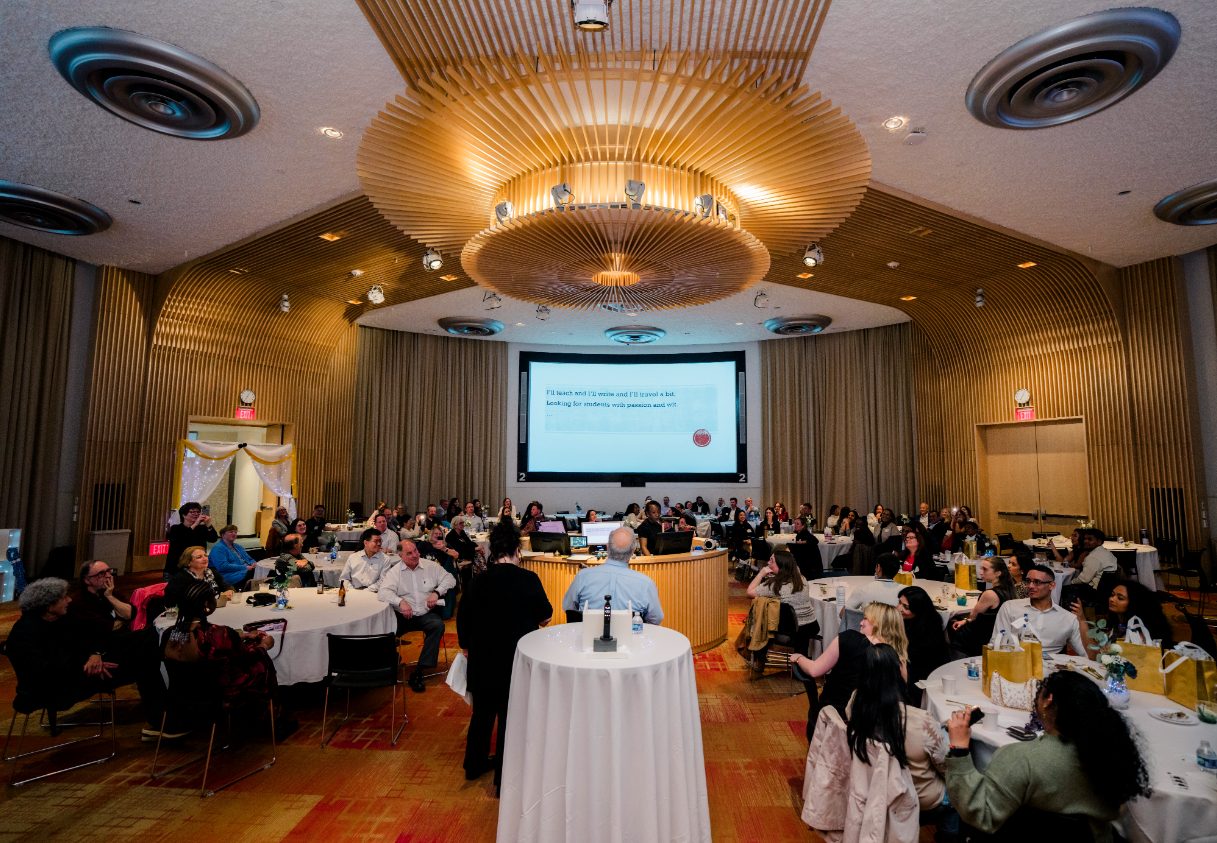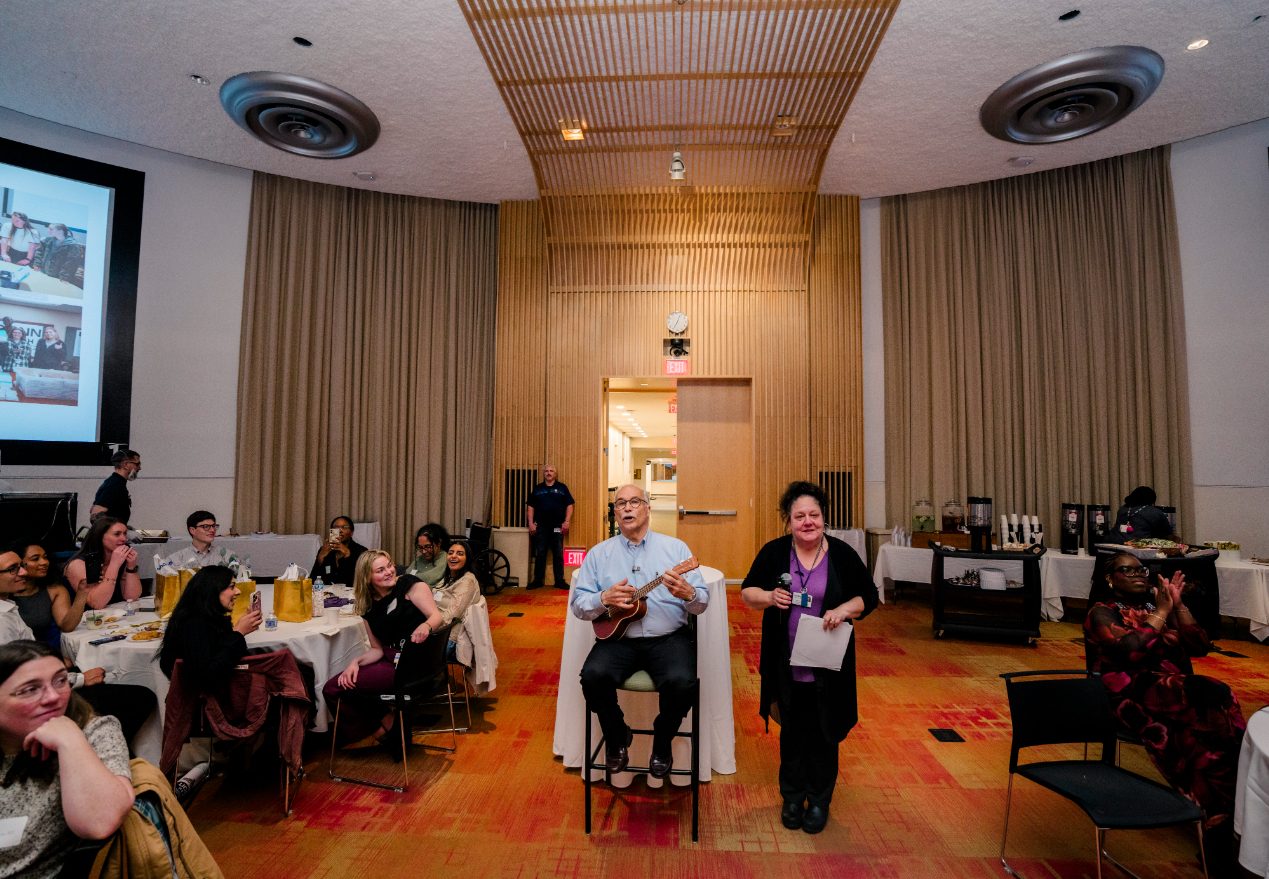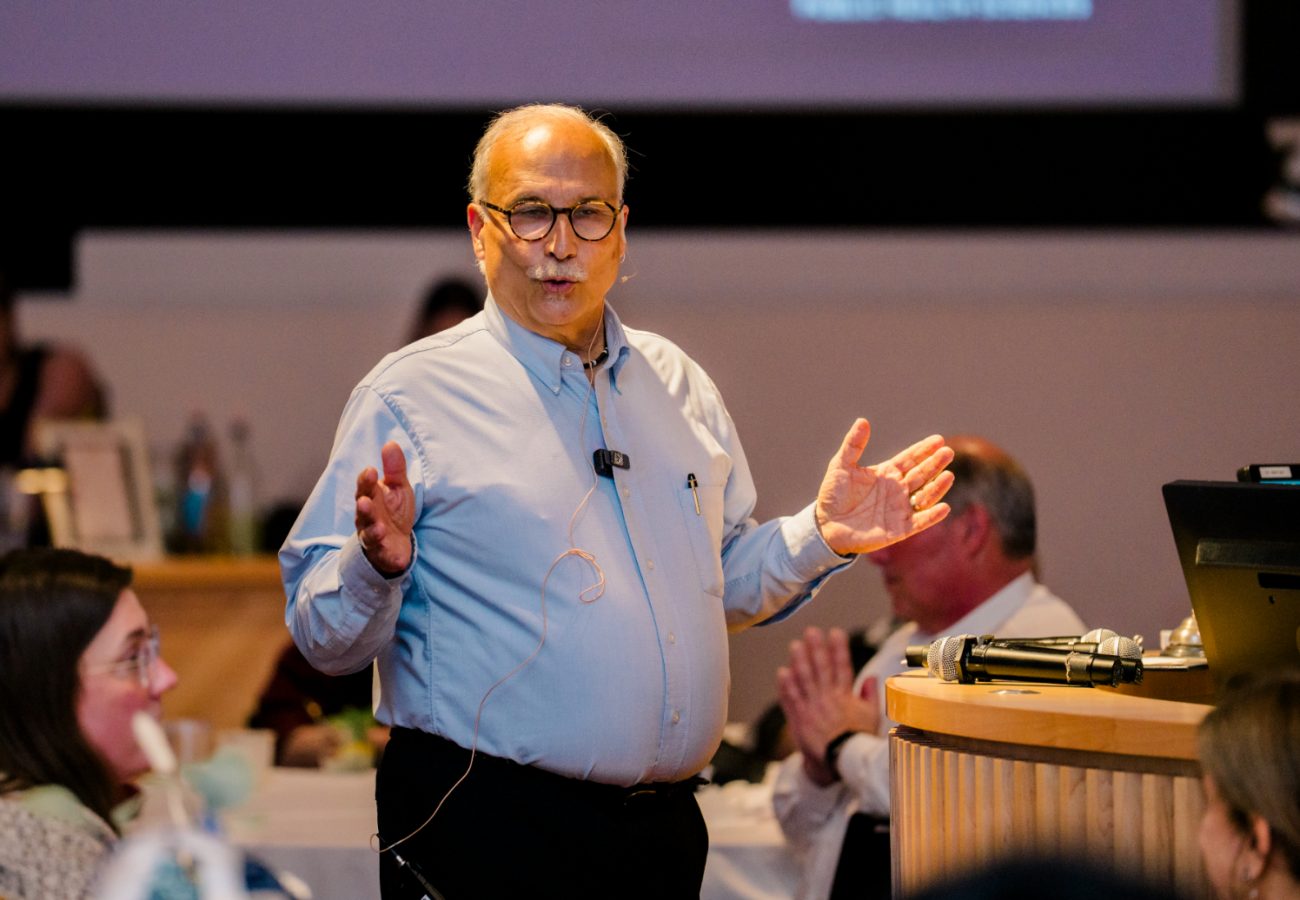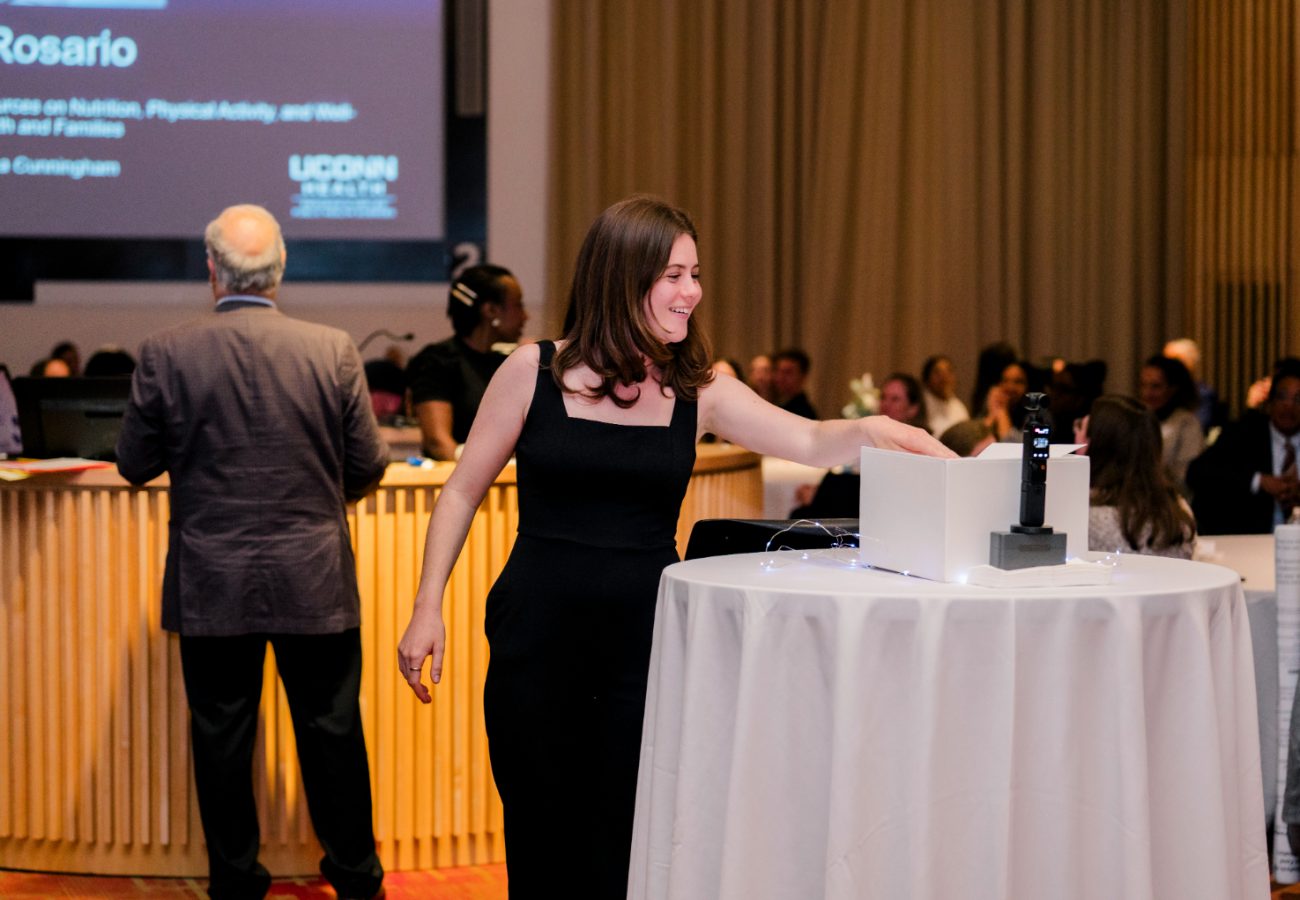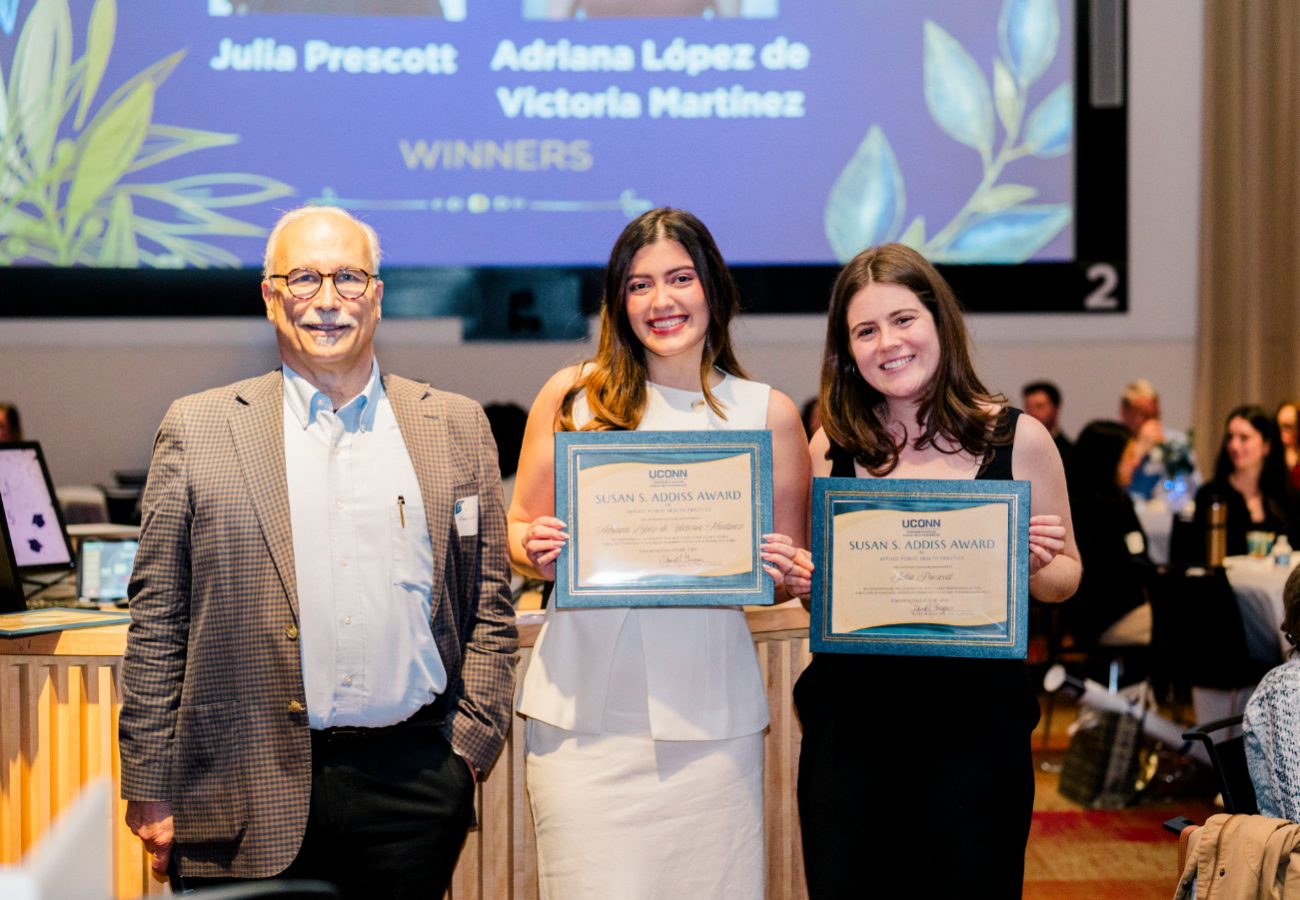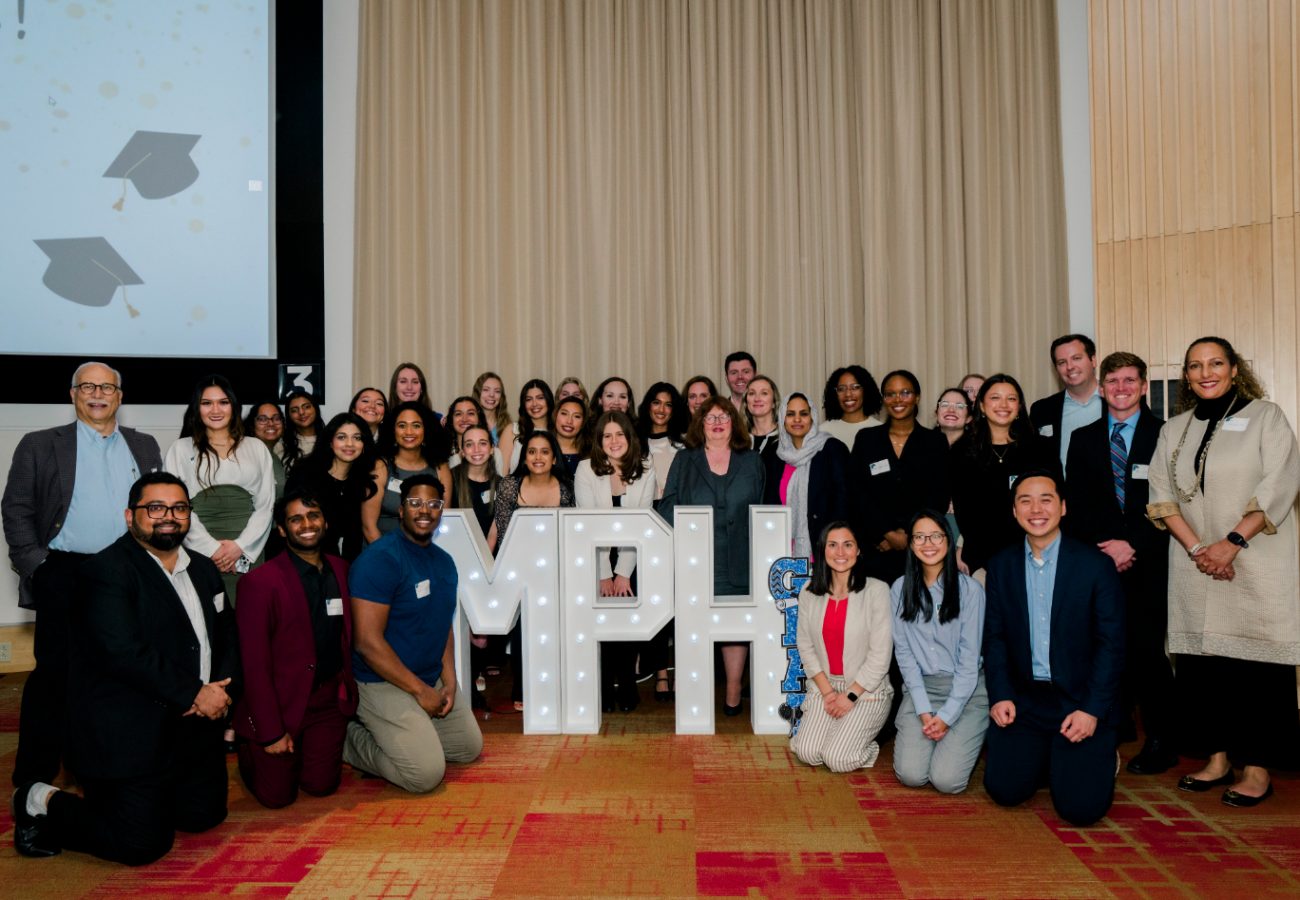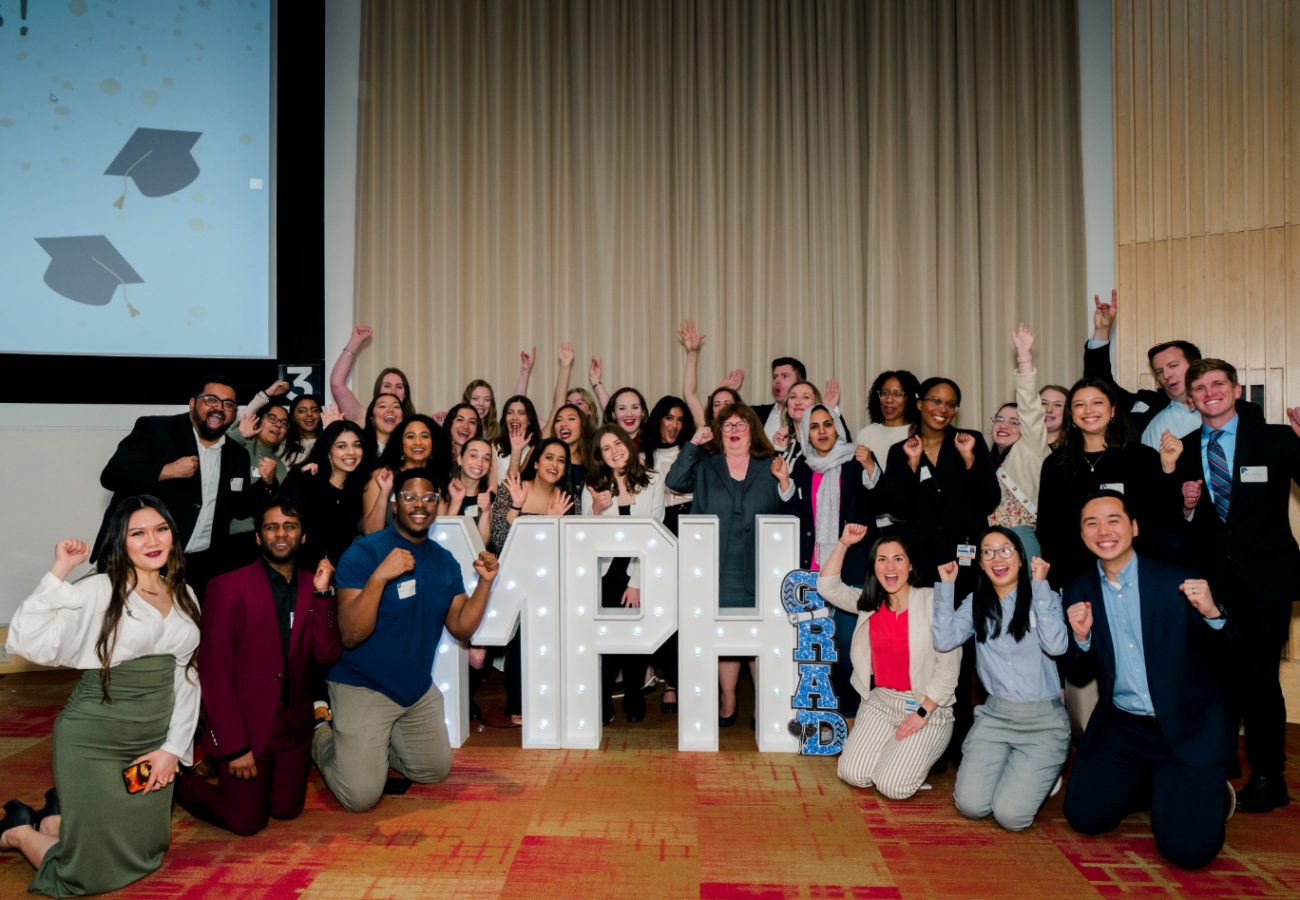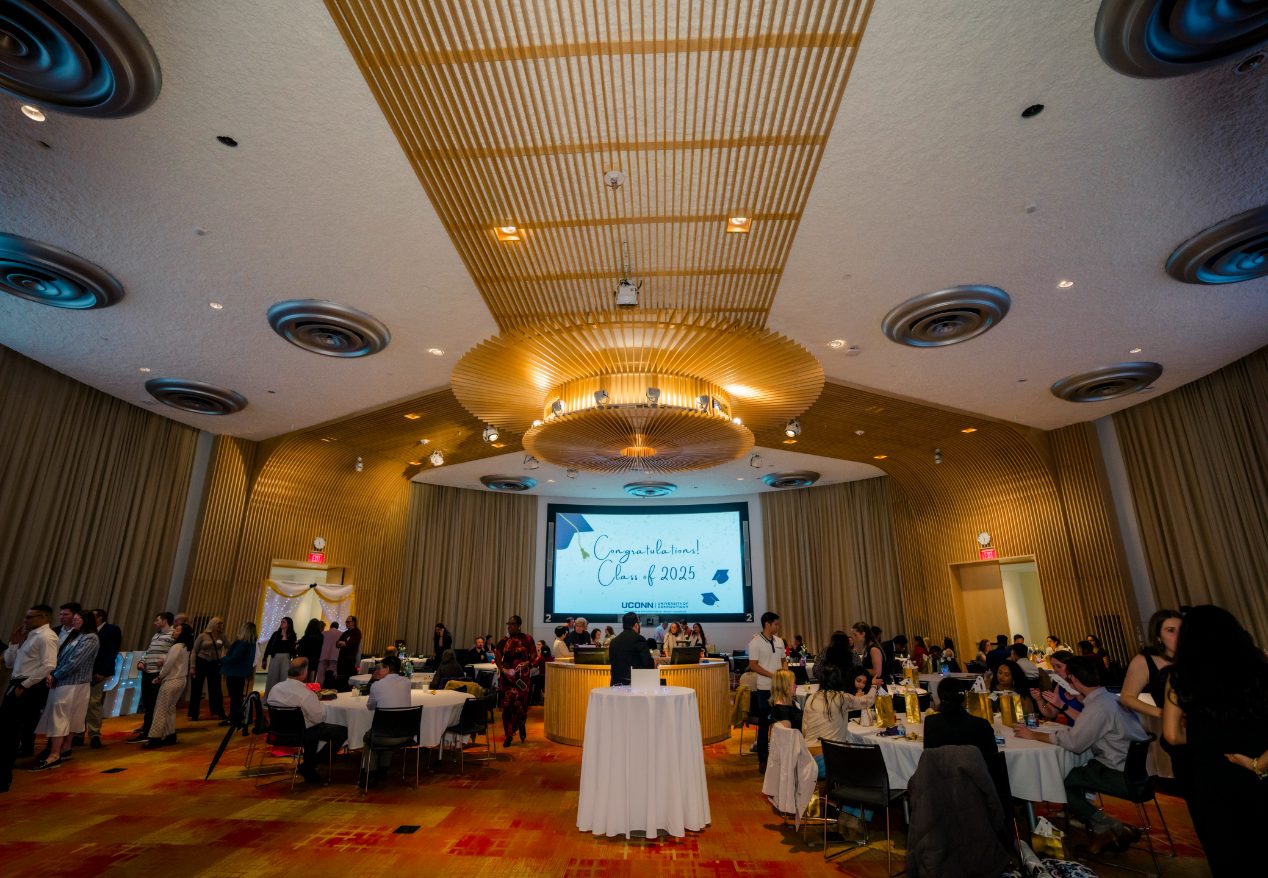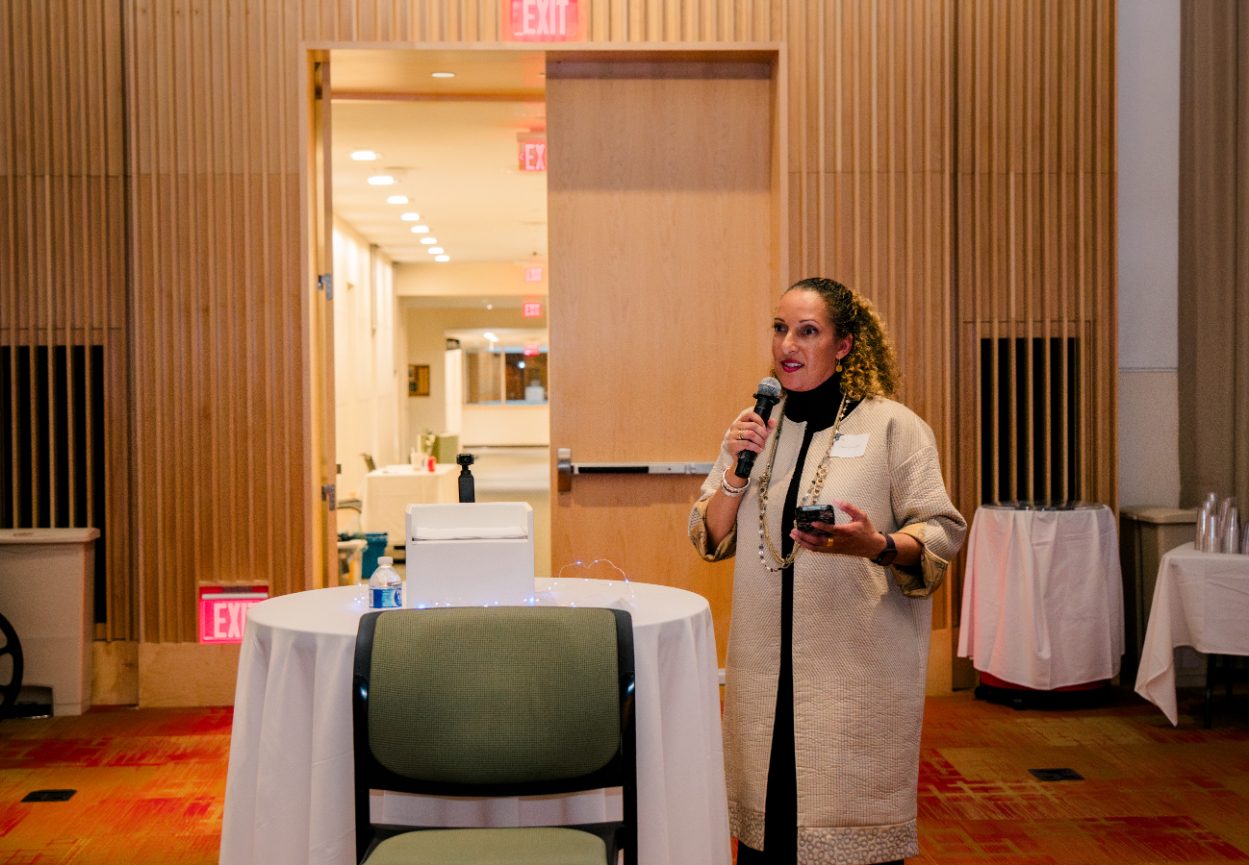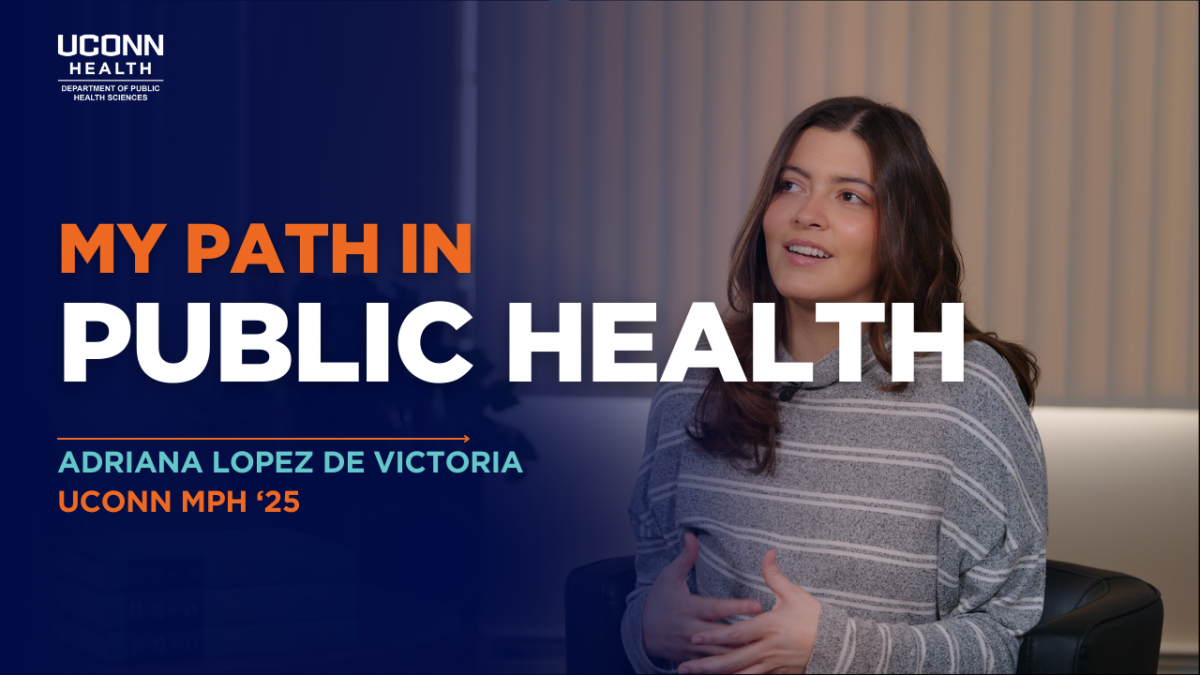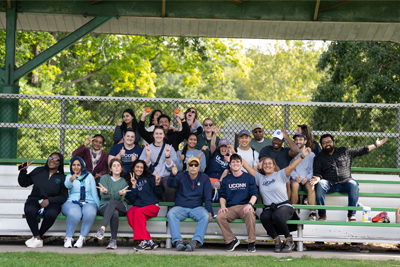
News
- Help Us Make a Difference This SummerThe Department of Public Health Sciences at UConn Health is proud to host a food drive benefiting Hands On Hartford, a local organization dedicated to strengthening community safety nets and addressing food insecurity. As Hands On Hartford has shared, “We are seeing record numbers of participants utilizing our community pantry, and spring/summer is generally when […]
Announcements
The Department of Public Health Sciences at UConn Health is proud to host a food drive benefiting Hands On Hartford, a local organization dedicated to strengthening community safety nets and addressing food insecurity.
As Hands On Hartford has shared, “We are seeing record numbers of participants utilizing our community pantry, and spring/summer is generally when food donations are slow.” That’s why your support is more crucial than ever.
Collection Dates:
July 9 – August 13
Drop-Off Locations:
-
Academic Entrance Lobby
-
Munson Road Main Entrance Lobby
-
195 Farmington Avenue, Ste 2100
Most Needed Items Include:
Canned Fruit
Canned Vegetables
Beans
All Non-Perishable Items
Full-Size Toiletries (shampoo, conditioner, toothpaste, etc.)
Breakfast Foods (cereal, oatmeal, pancake mix)
By contributing, you’re directly helping to stock pantry shelves for families and individuals in need. Whether you’re a staff member, student, or local partner, your donations matter.
For questions or concerns, please contact us at (860) 679-5470.
Together, we can show what it means to care in action.
Take a look at some of our past donation drives!

Public Health Program Leadership Transition
After 20 years, Dr. David Gregorio, Professor of Public Health Sciences, has stepped down as director of UConn’s Program in Applied Public Health Sciences, the home UConn’s MPH and PhD degrees. During his tenure, the program became nationally recognized for its emphasis on interprofessional public health practice, while achieving substantial enrollment growth, expanding its dual degrees options with social work, law, pharmacy and dental medicine, implementing graduate certificates on foundations of public health, disability studies, and the social determinants of health (the substance of which is a requirement of School of Medicine graduates), and facilitating MPH pathways for medical residents and fellows. Such commitment to education also led to initiation of public health coursework for Storrs student along with a popular FastTrack 4+1 BA/BS+MPH option for UConn undergraduates. Beginning in Fall 2025, UConn’s PUBH 1001 Introduction to Public Health will be available for credit to Connecticut High Schools through UConn’s Early College Experience.
Dr. Gregorio presently is a Senior Accreditation Visitor for the Council on Education for Public Health (CEPH) and previously served as President of the Association for Prevention Teaching and Research (APTR) and founding member of the National Board for Public Health Examiners (NBPHE), Inc. His research and teaching focuses on the application of epidemiology in advancing disease control policy/practices relevant to the social determinants of chronic disease. In returning to his position with the faculty, Dr. Gregorio will teach a graduate seminar on the Political Determinants of Health along with his undergraduate Introduction to Public Health course that consistently enrolls more than 200 undergraduates. He a recent recipient of a three year, $1.9M award (“Education-Enhanced Pipeline to a Public Health Science Corps”) from the Connecticut Department of Public Health to foster a statewide culture that promotes public health readiness in communities, while increasing the number and professional abilities of public health workers in Connecticut.
We are pleased to announce that Dr. Stacey Brown, Associate Professor of Public Health Sciences, has assumed the position as Director. She previously served as Associate Program Director and Coordinator of Dual Degree Programs and the Applied Practice Experience, where she led the development of an innovative, two-semester Practicum that now serves as a model for accredited Master of Public Health programs nationwide.
Dr. Brown, a long-standing and deeply engaged member of our academic community brings a wealth of experience, innovation, and collaborative leadership to this role. A distinguished educator and community-engaged scholar, Dr. Brown has received numerous honors, including the Joan Segal Outstanding Faculty Award (2020), the Health Career Opportunity Programs Faculty Recognition Award (2021), and in 2022, both the UConn Provost’s Distinguished Instructor Award for Excellence in Community Engaged Scholarship and the 100 Women of Color Award for her exceptional contributions to education and community health.
Dr. Brown’s leadership is grounded in deep community engagement. Over the past two decades, she has collaborated with faculty and community partners to develop curricula that illuminate the social, economic, and political determinants of health. She has also spearheaded initiatives in cultural competency, patient advocacy, and behavioral health, with a particular focus on strengthening student learning through partnerships with community-based organizations.
Her commitment to equity and public health is further reflected in her roles as a local and national Fellow with organizations such as UConn’s Institute for Collaboration on Health, Intervention and Policy, UConn’s Service-Learning Program, the Connecticut Health Foundation, the Health Equity Leadership Institute, and the Cross-Cultural Health Care Training Program.
She also contributes her expertise as a member of the State of Connecticut Dr. Martin Luther King Jr. Holiday Commission and has served on the boards of the Connecticut Harm Reduction Alliance and Family Life Education. Dr. Brown’s appointment marks a new chapter of growth and innovation for the Program in Applied Public Health Sciences. Please join us in recognizing Dr. Gregorio for his service and congratulating Dr. Brown on this well-deserved recognition and leadership role.

On April 27, Julia Prescott (MPH ’25), Mahima Mehta (MPH ’25), and Margot Drummey (CLAS ’23) completed the Eugene Marathon, the largest marathon in the Pacific Northwest, finishing on the iconic Hayward Field in Oregon.
Mahima ran on behalf of Community Supported Shelters, demonstrating how public health leadership extends beyond the classroom, through action, advocacy, and heart.
Mahima currently serves as President of the Public Health Student Organization, with Julia as Vice President, both exemplifying dedication to public health in every step.
Meet Adriana, a student in the UConn Master of Public Health (MPH) program! She started out majoring in biology, but realized she was looking for something more. That moment led her to explore health through a public health lens instead of a clinical one.
In this short interview, Adriana shares:
-
What drew her to public health and the UConn MPH program
-
A surprising lesson she’s learned along the way
-
How her professors and peers have supported her growth
-
A memorable experience that deepened her passion
-
Her advice for future MPH students
Whether you’re thinking about a career in public health or just curious about the MPH experience at UConn, Adriana’s story offers an honest and inspiring perspective. Learn more about the program at mph.uconn.edu.
#UConnMPH #PublicHealth #GradSchoolStories #WhyPublicHealth #StudentVoices #UConn
View this profile on Instagram
UConn Program in Applied Public Health Sciences (@uconnaphs) • Instagram photos and videos

